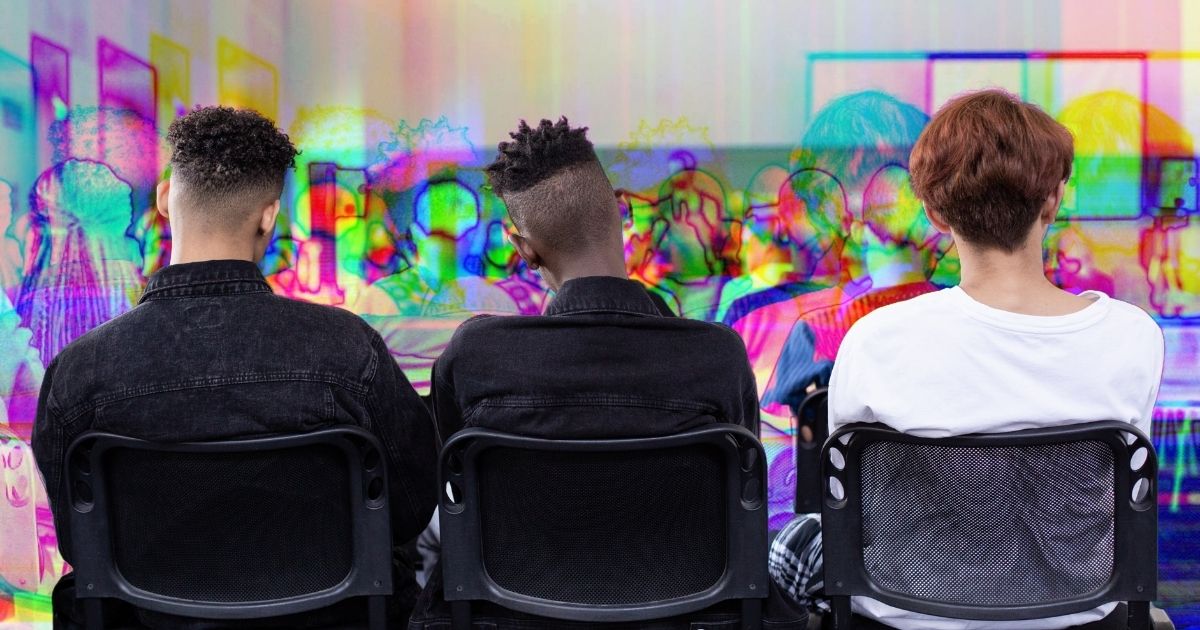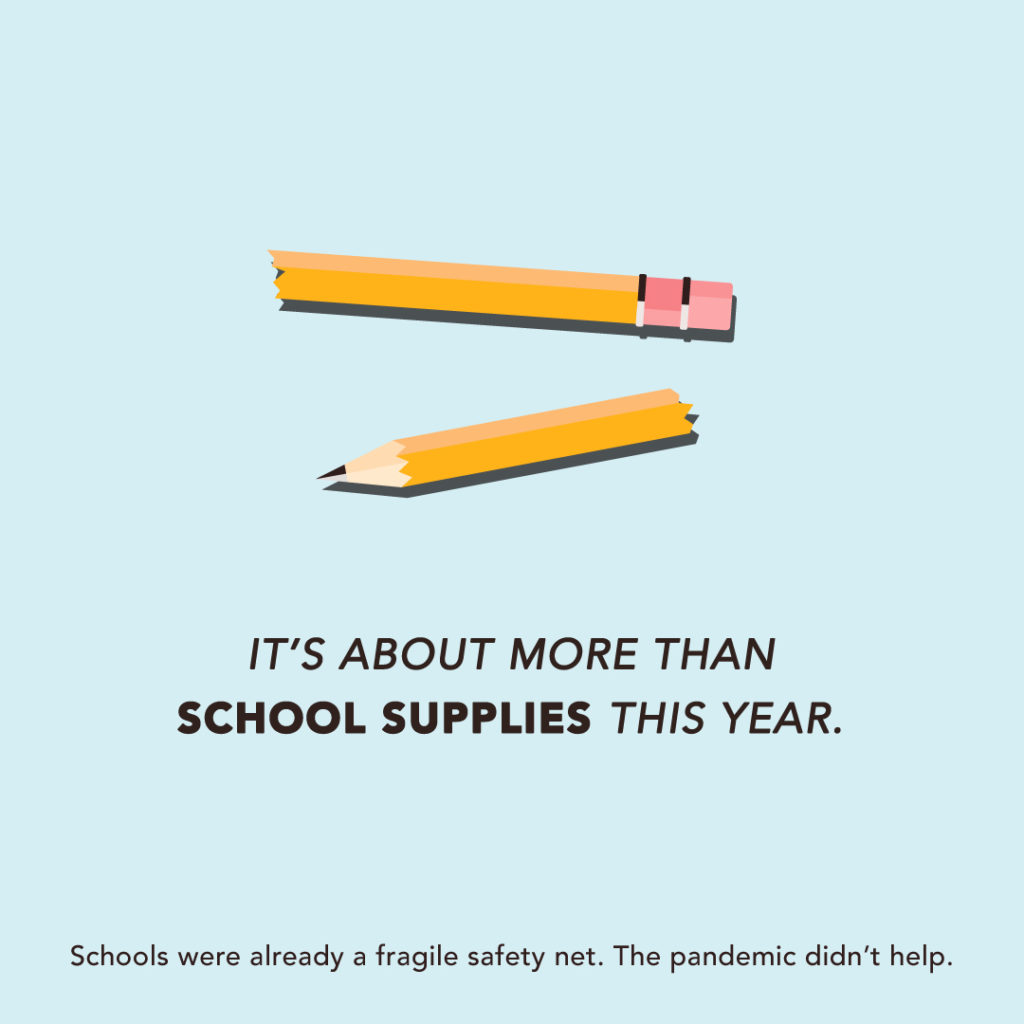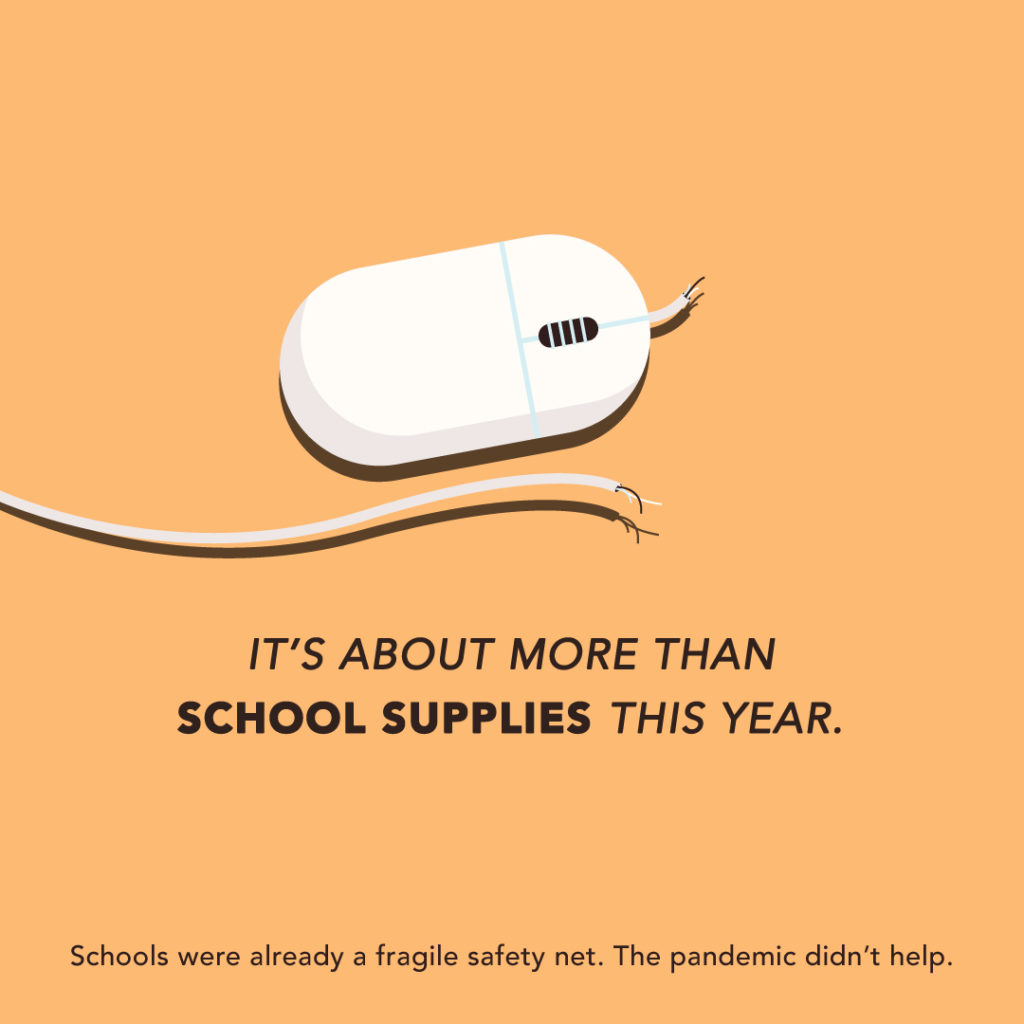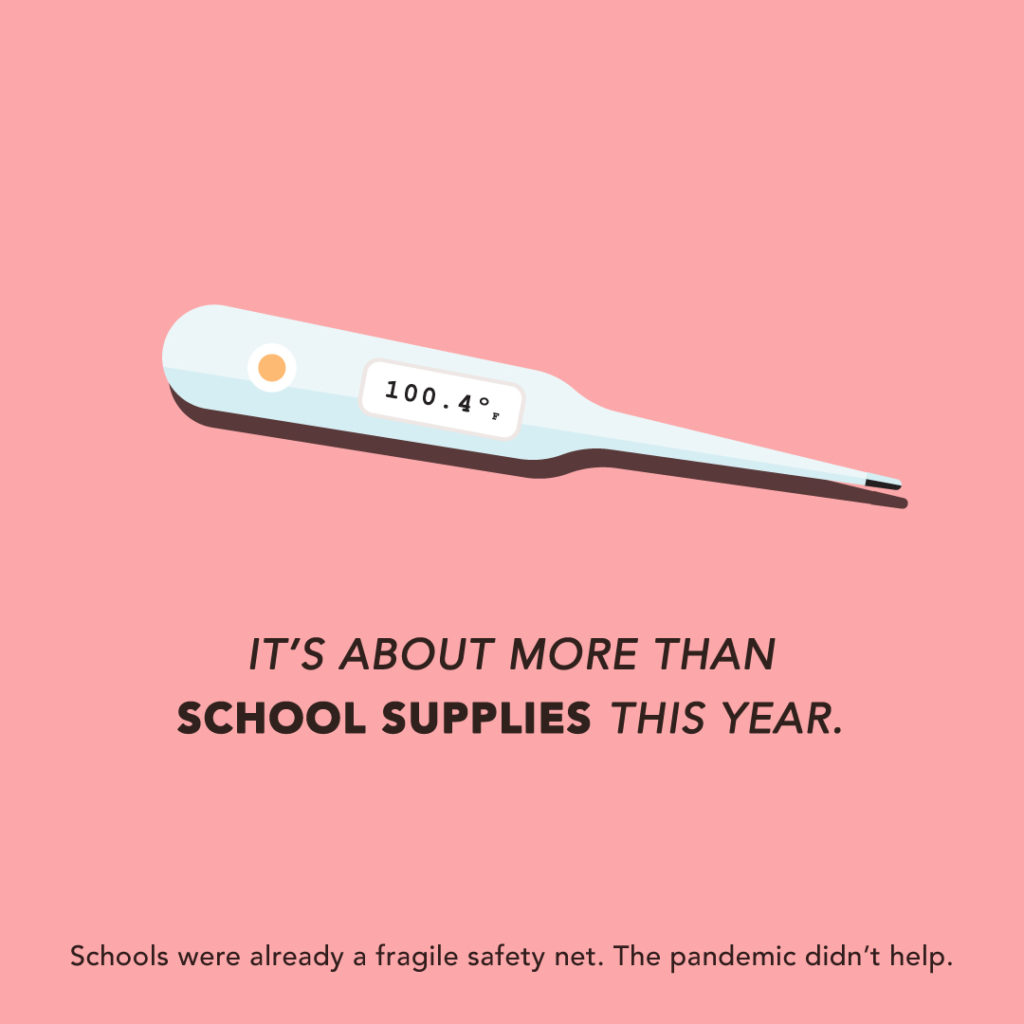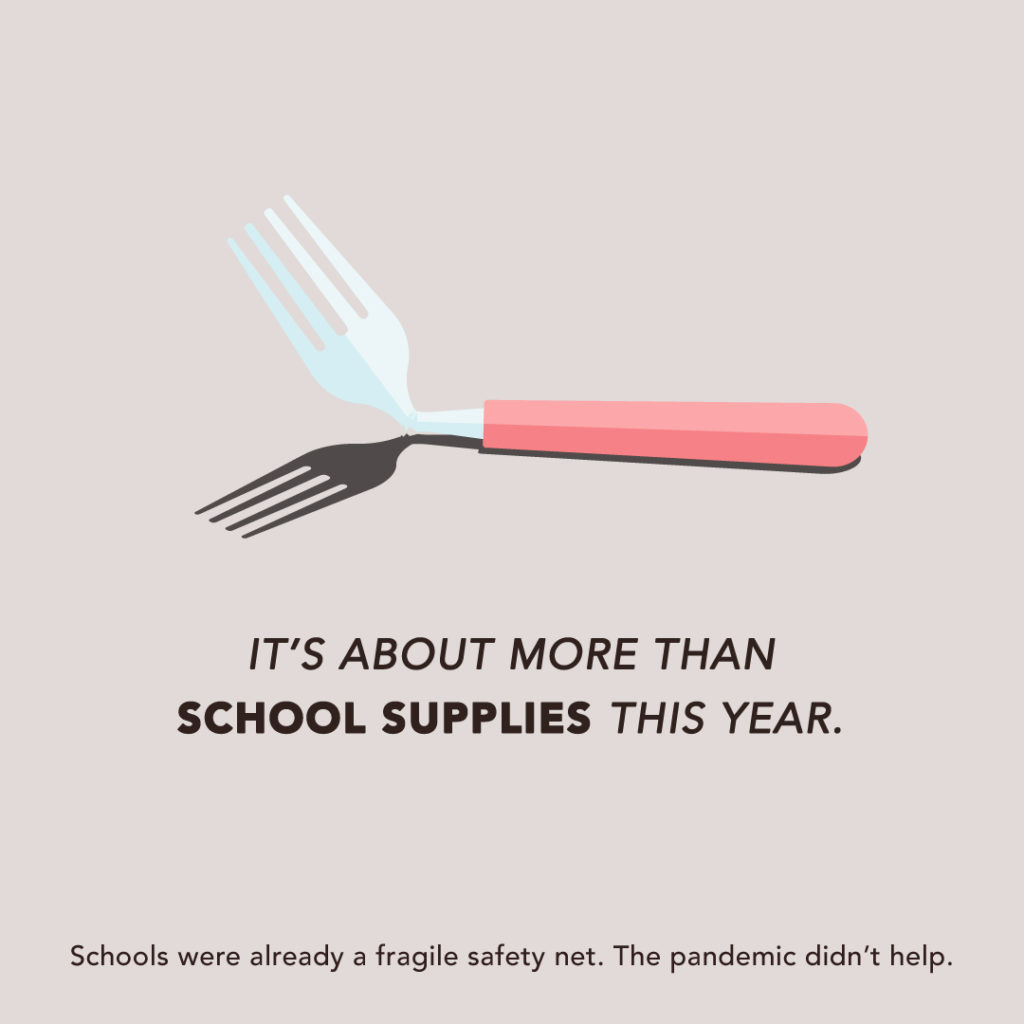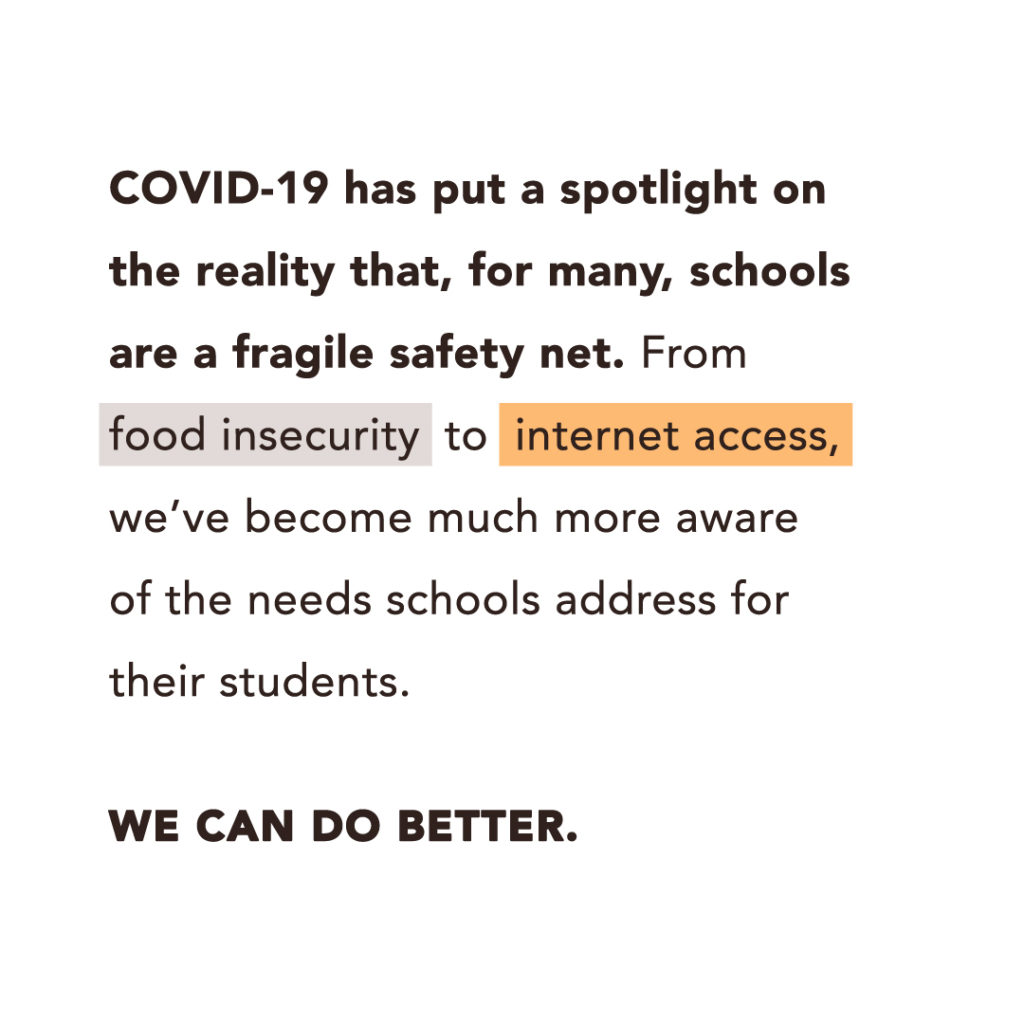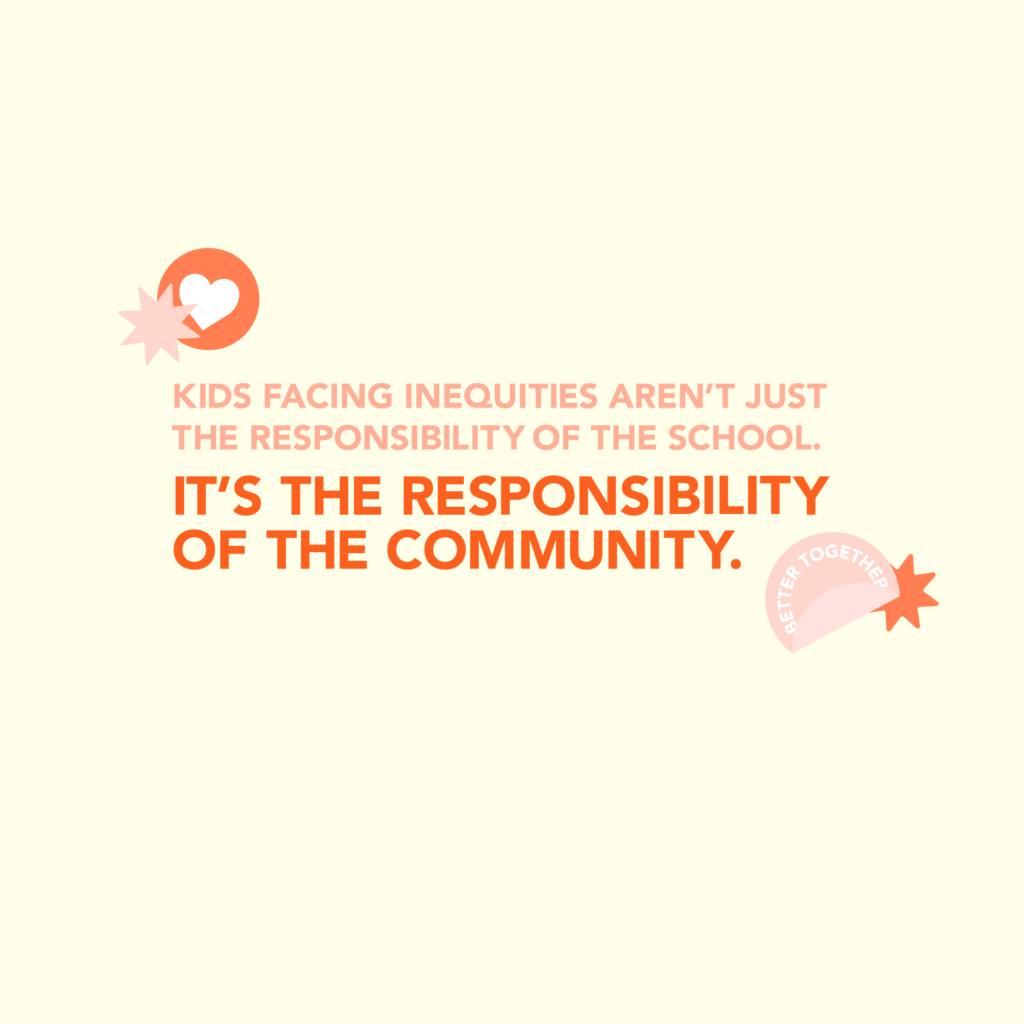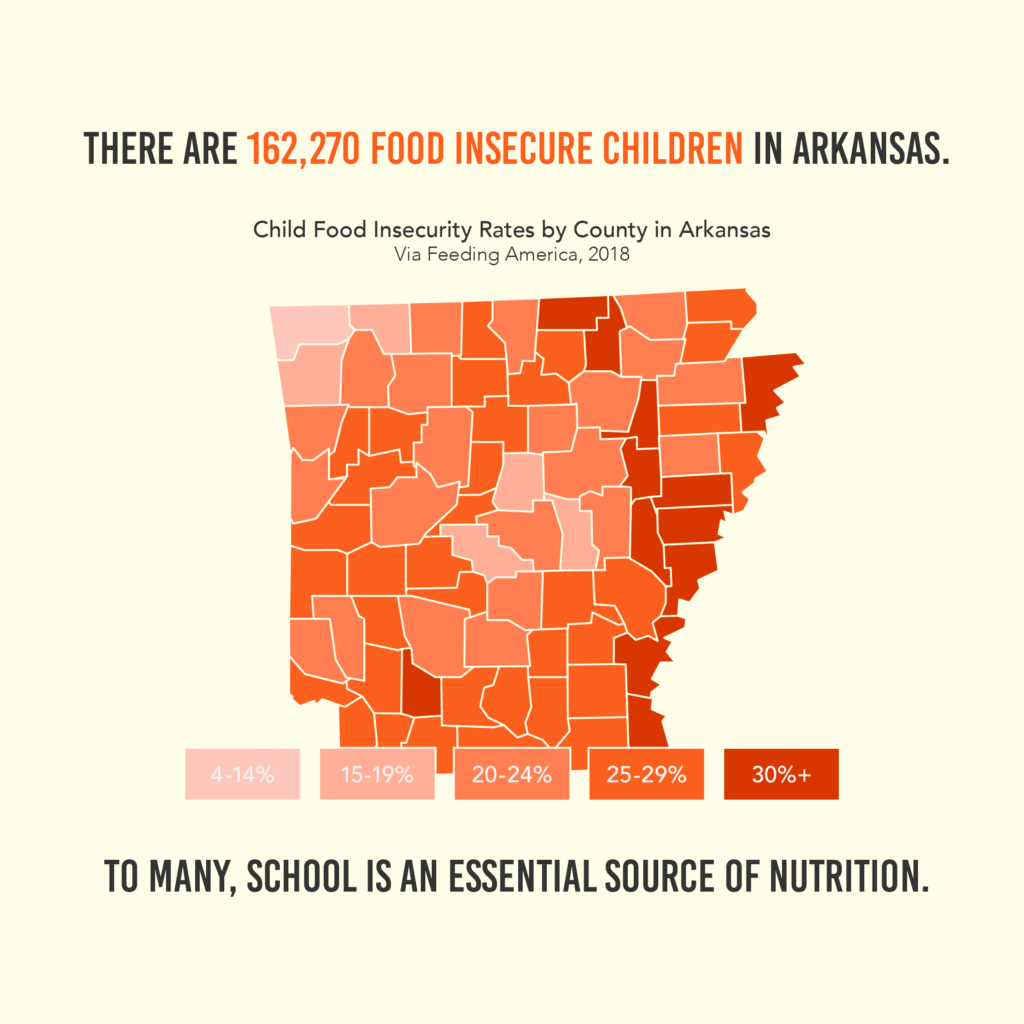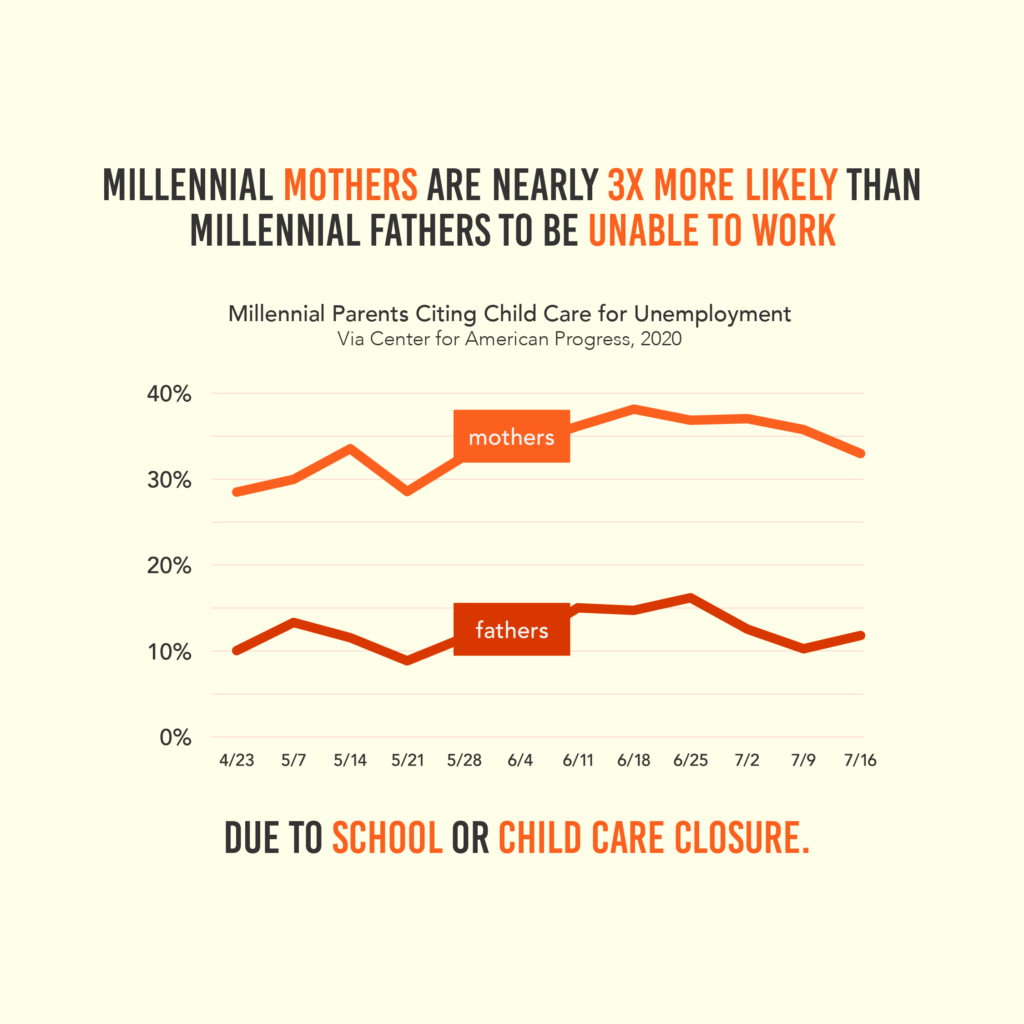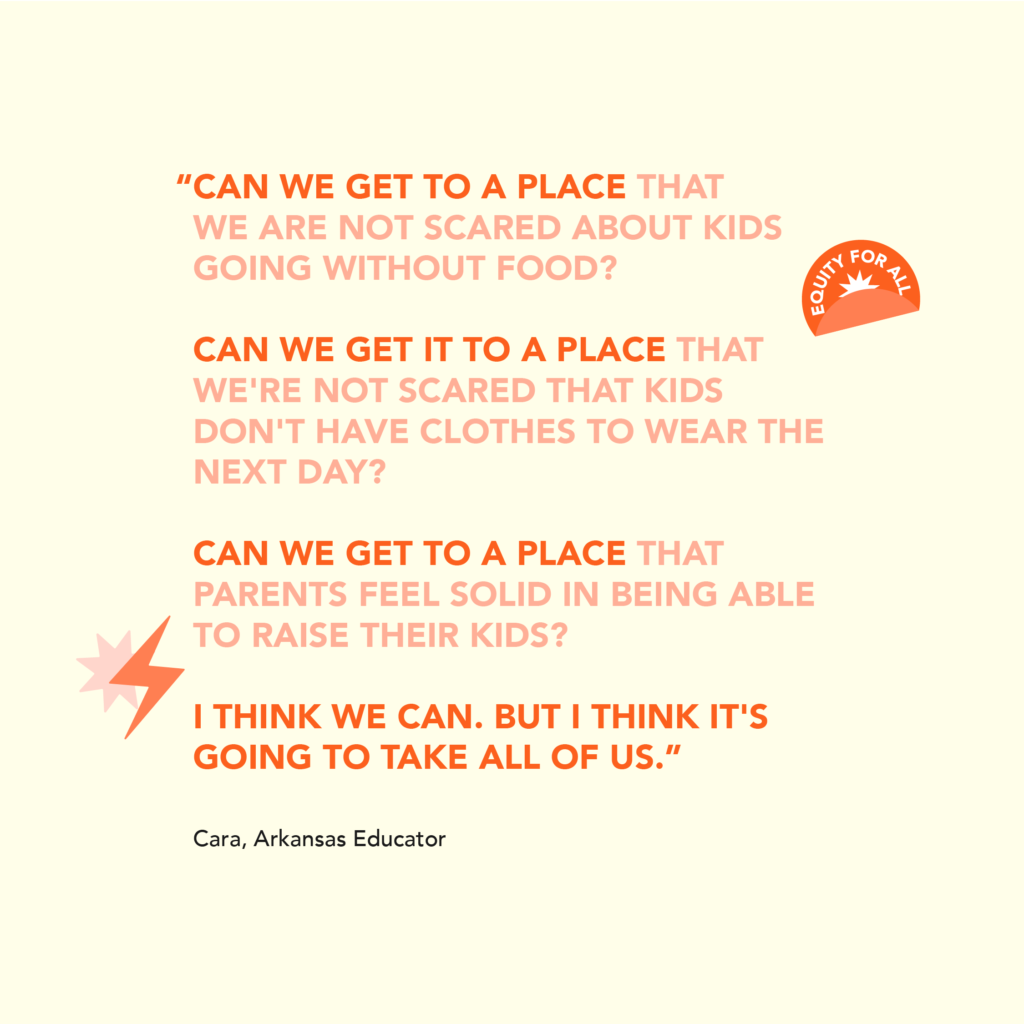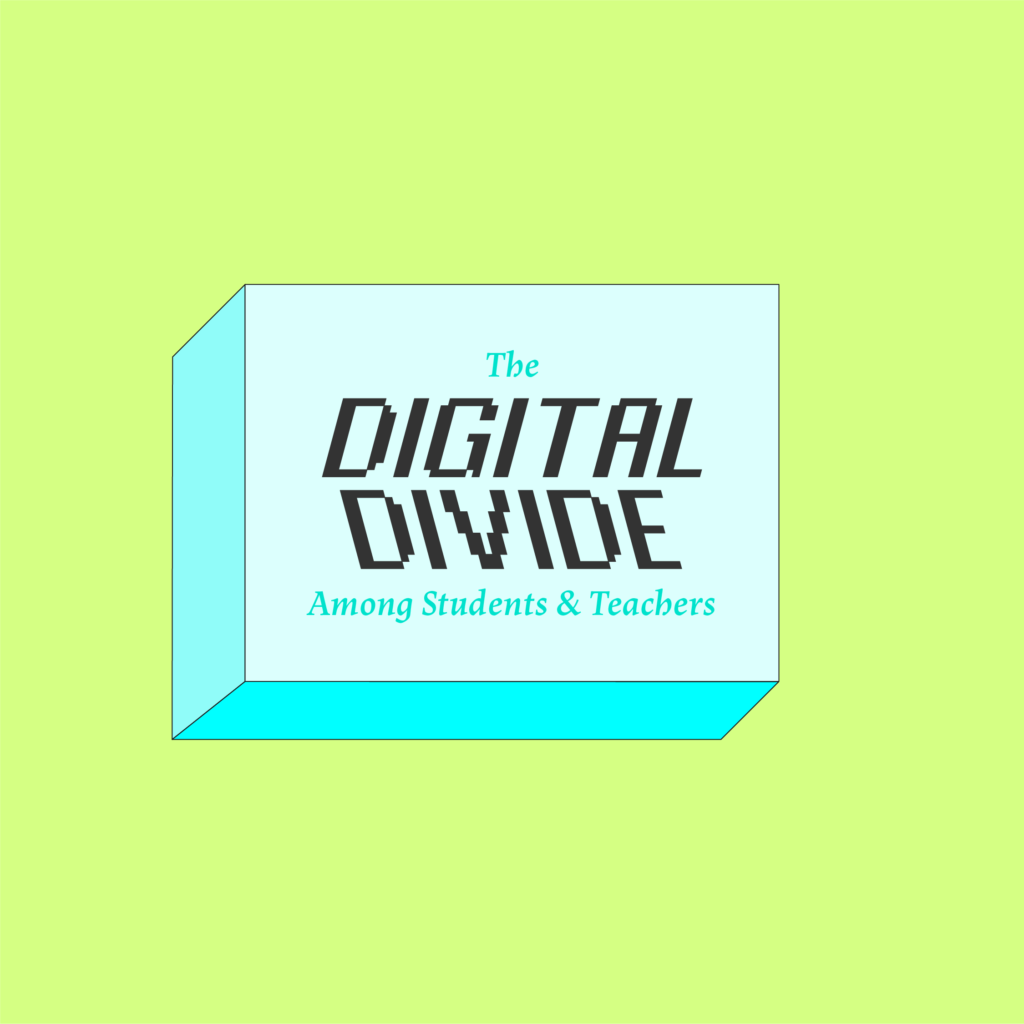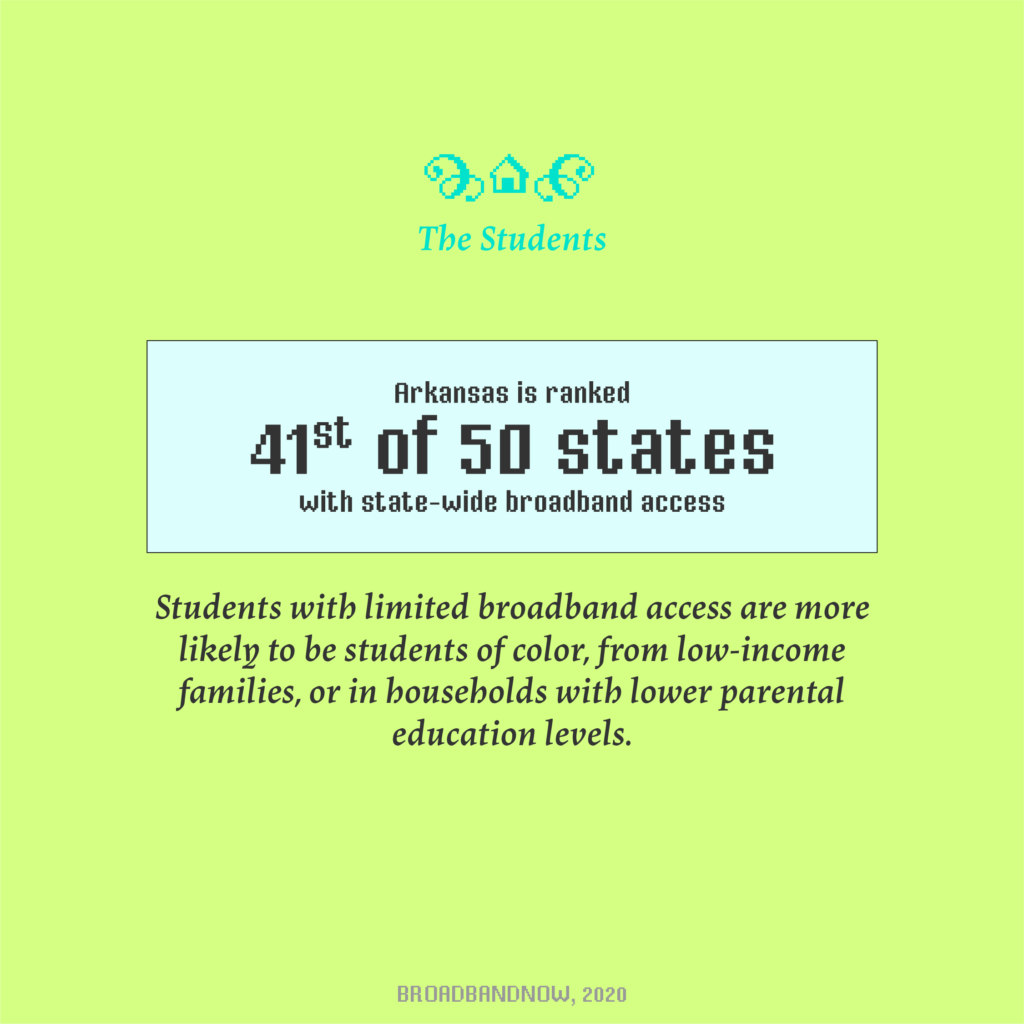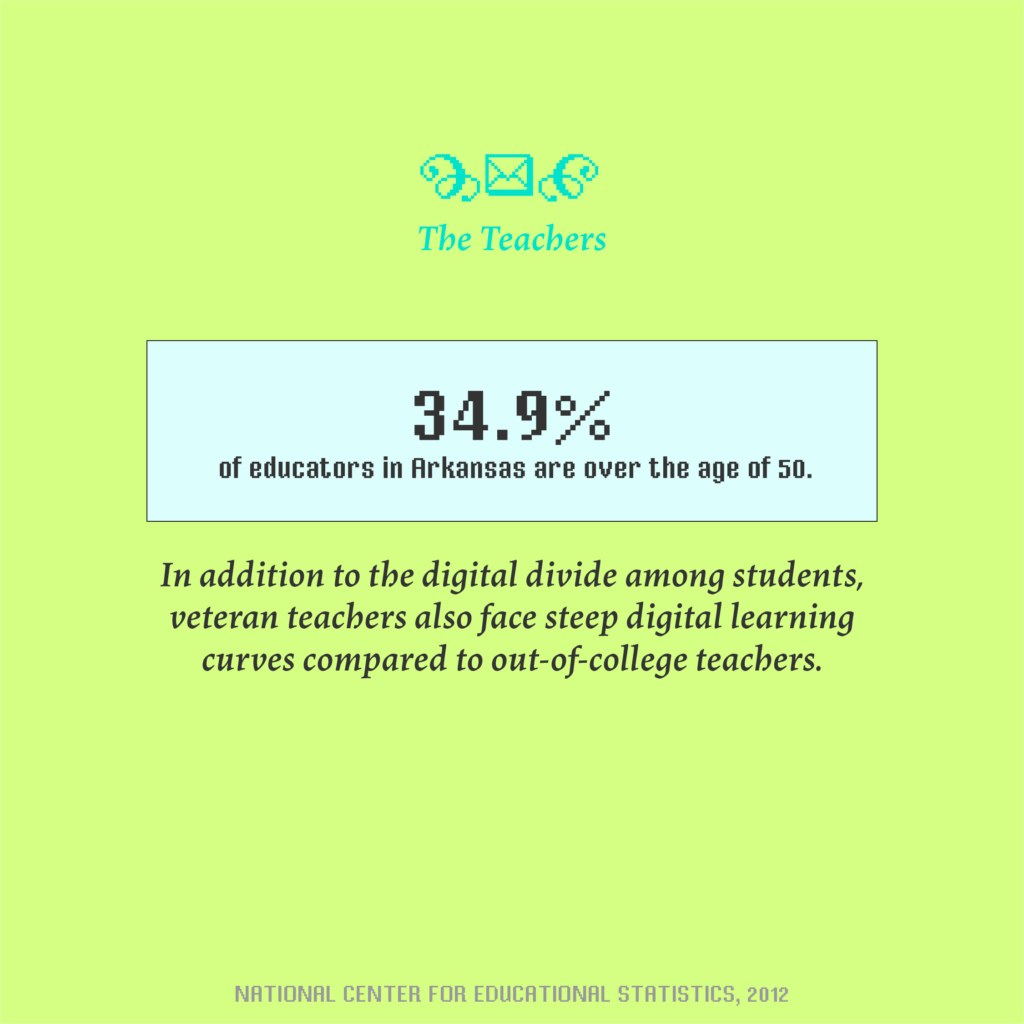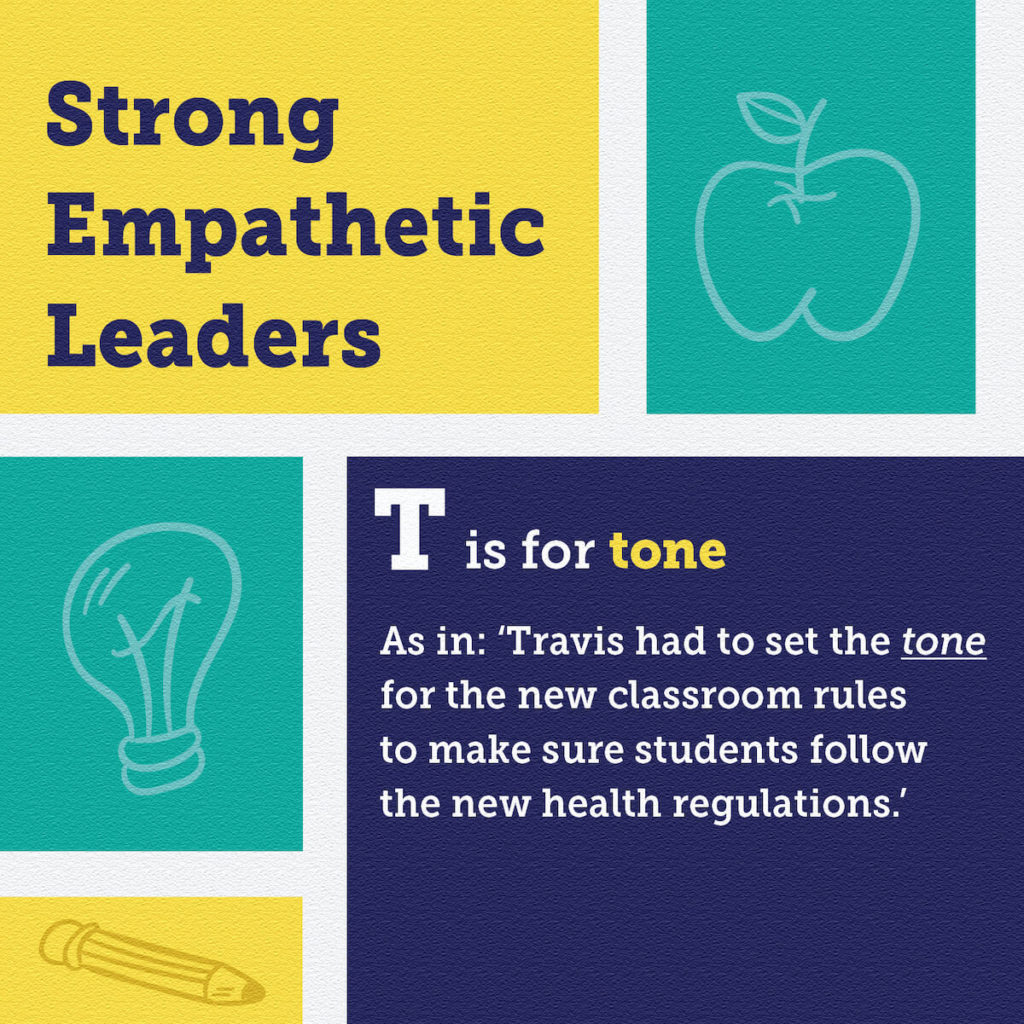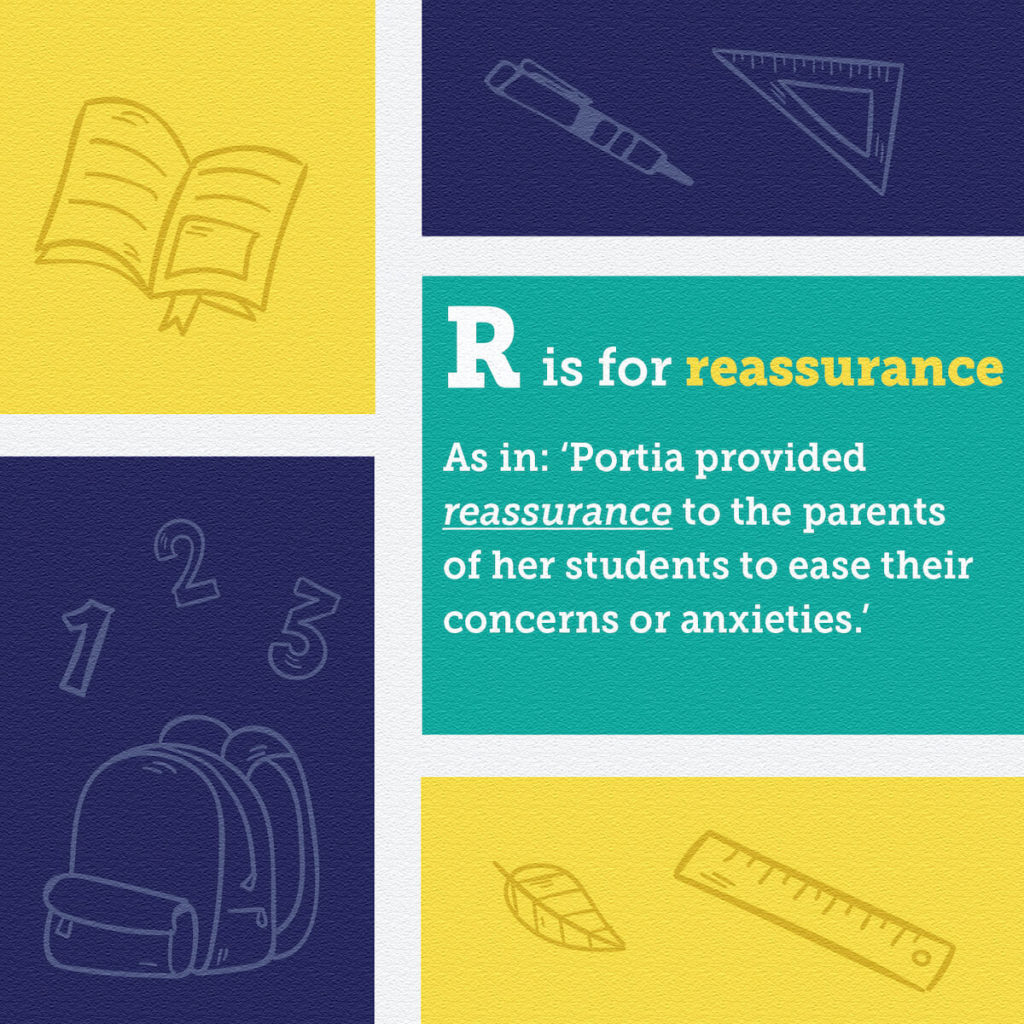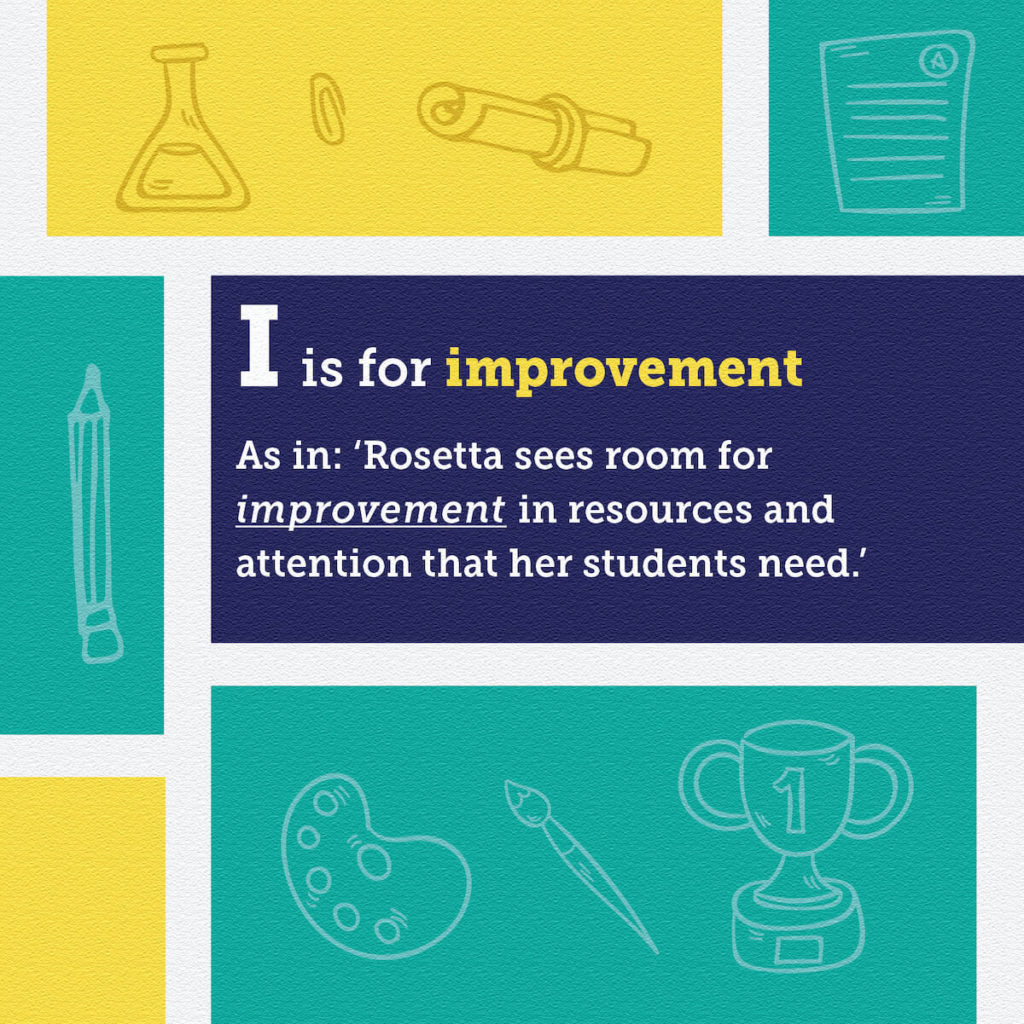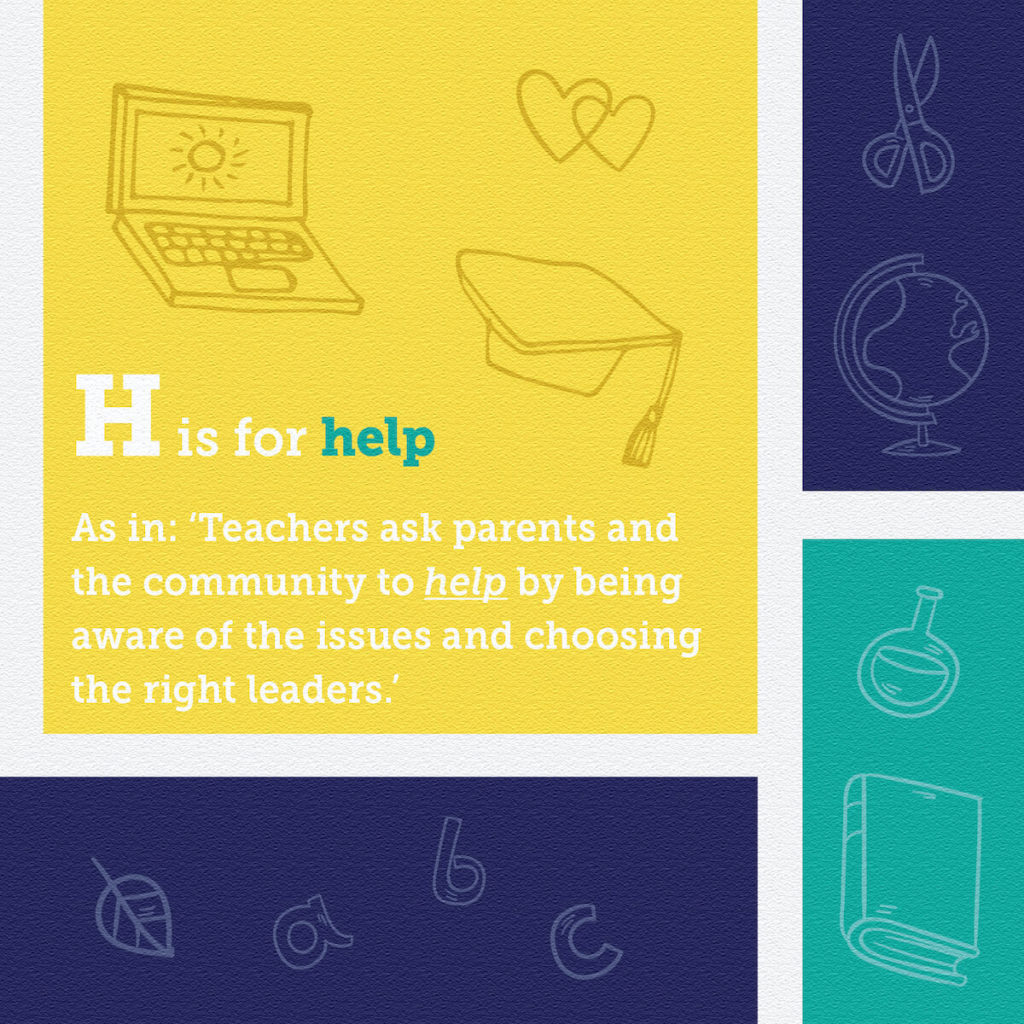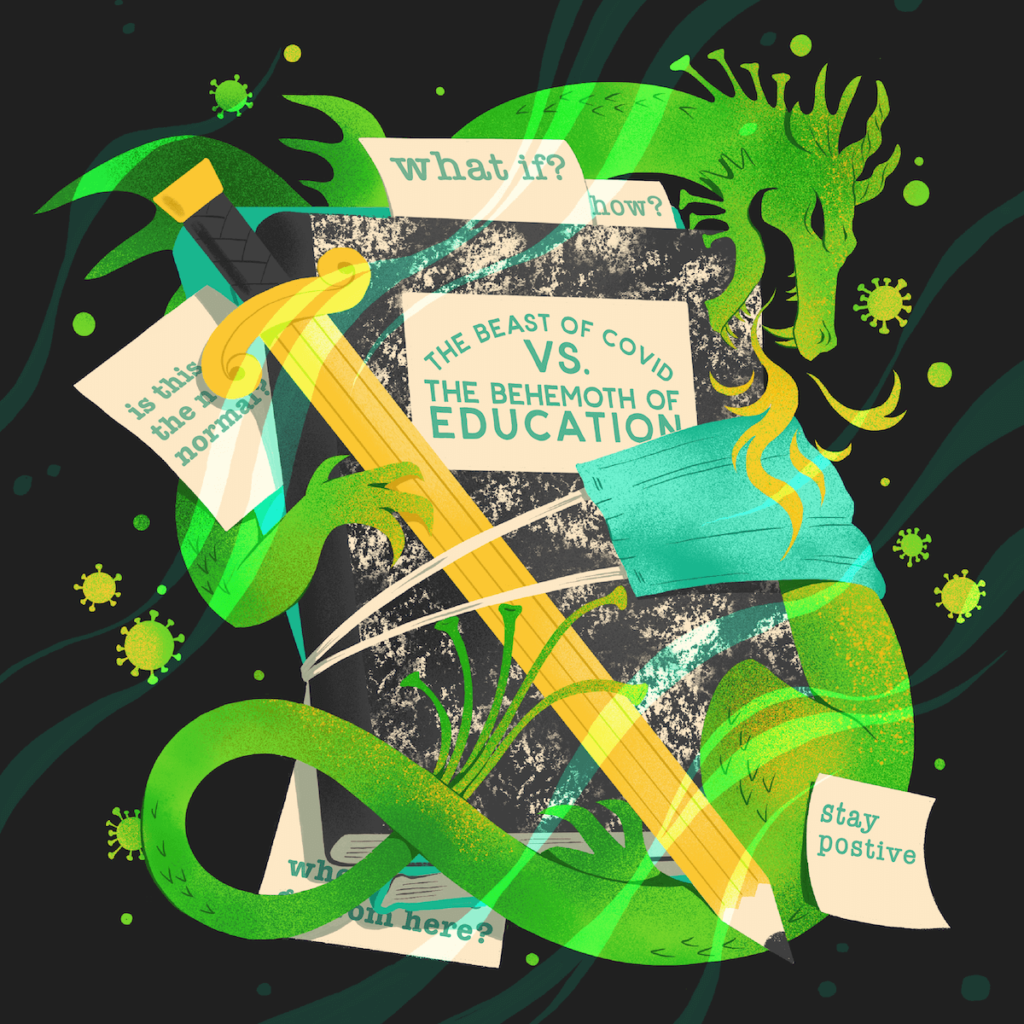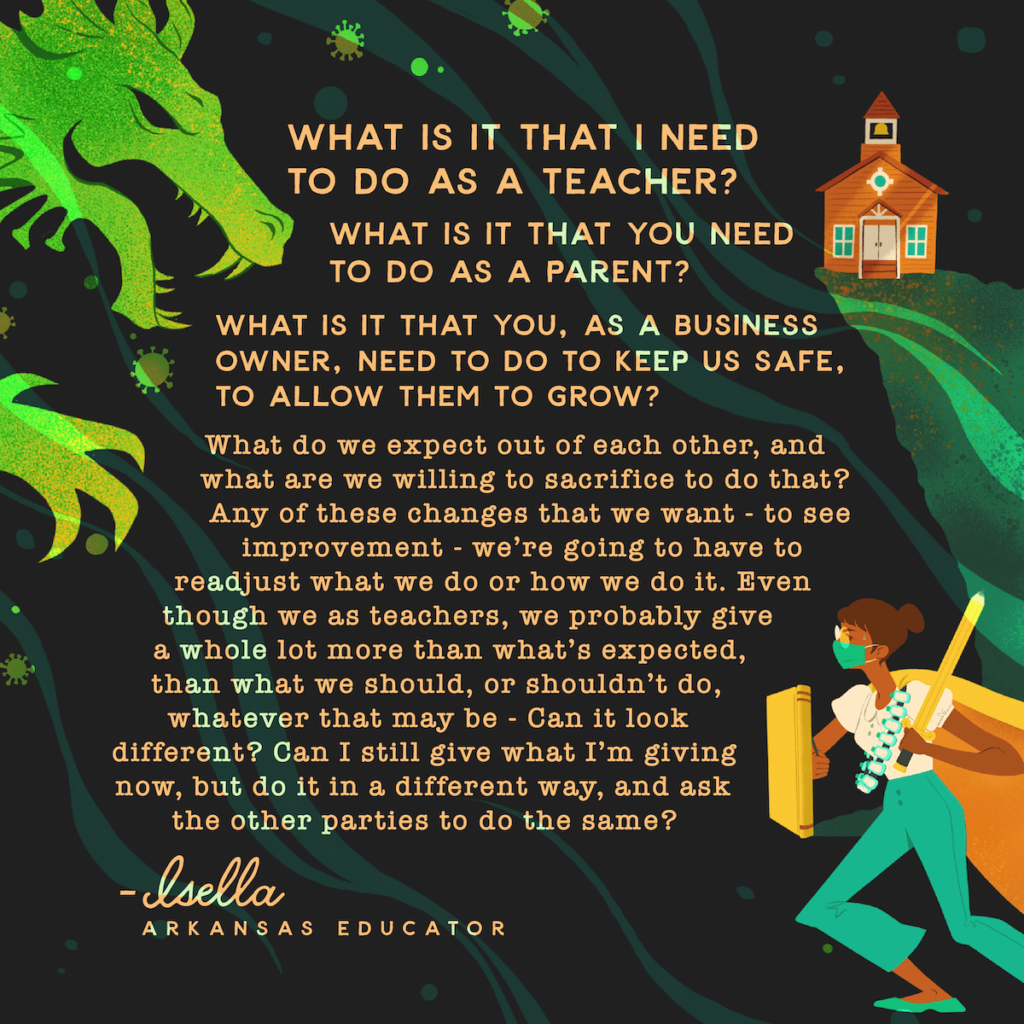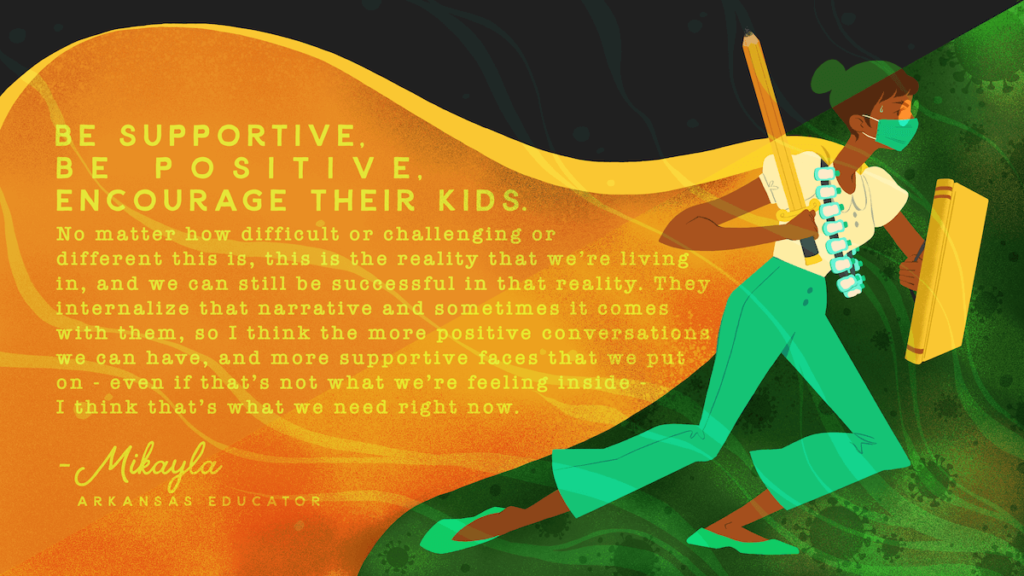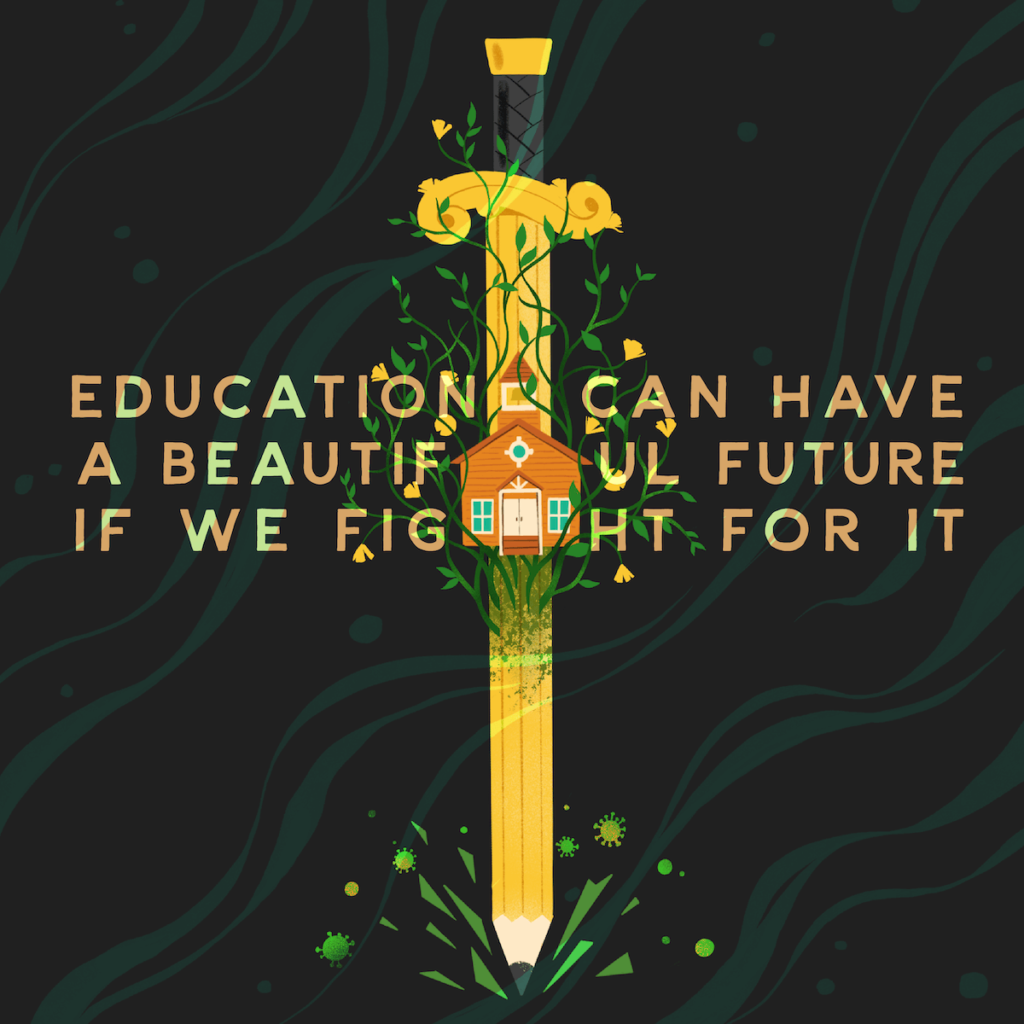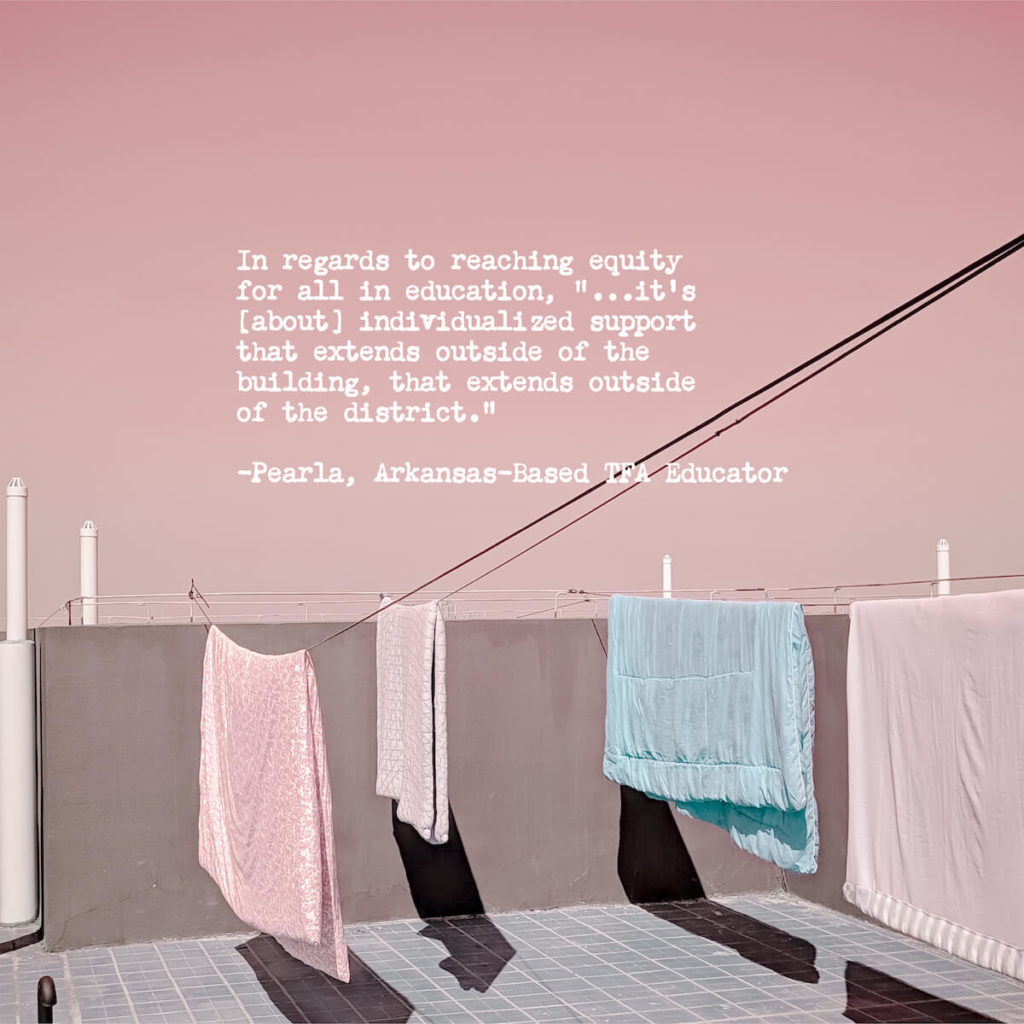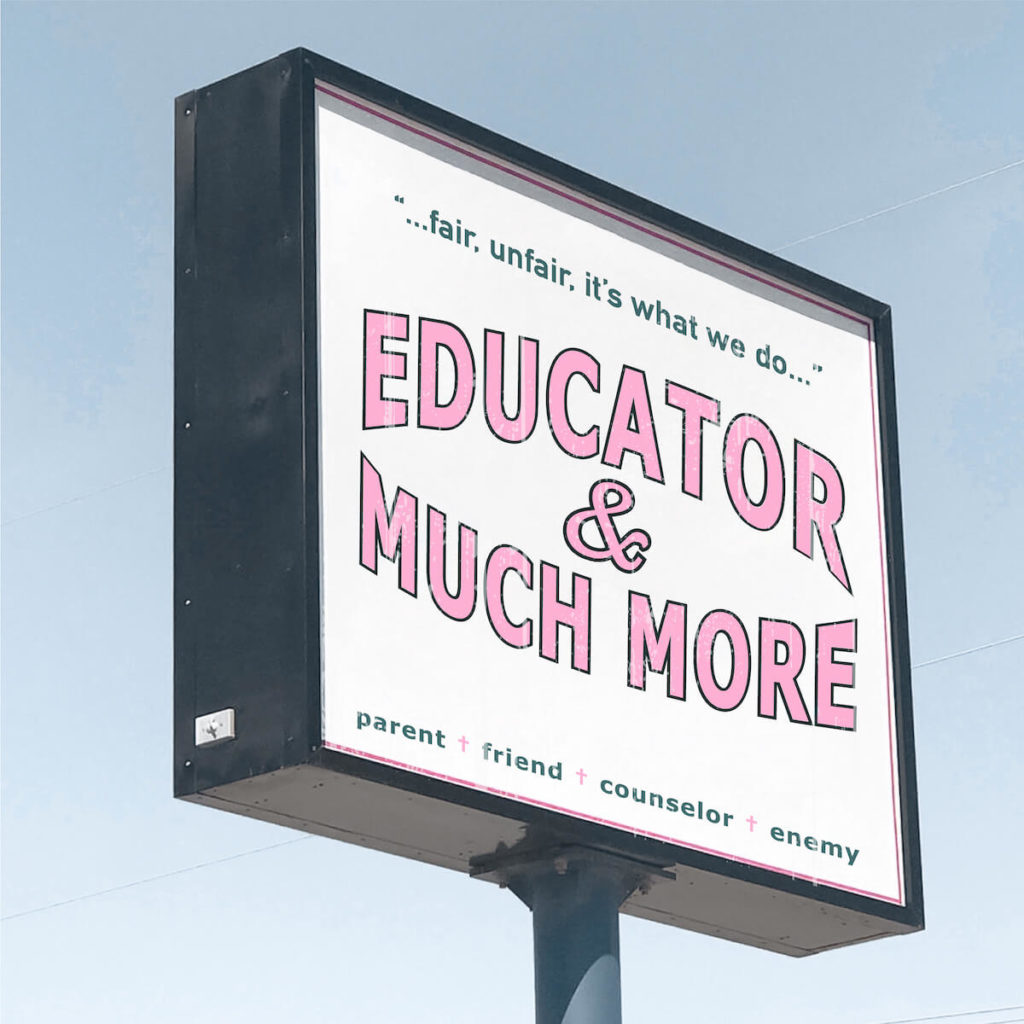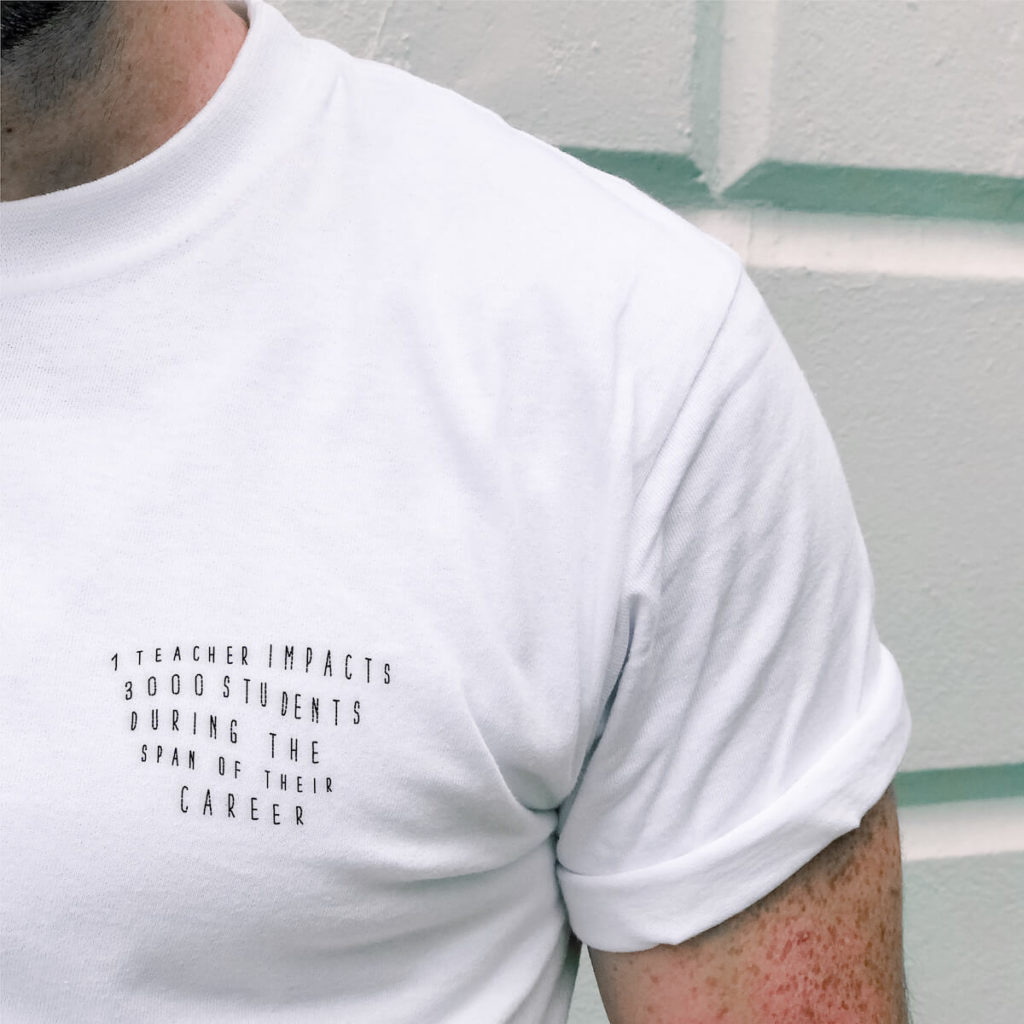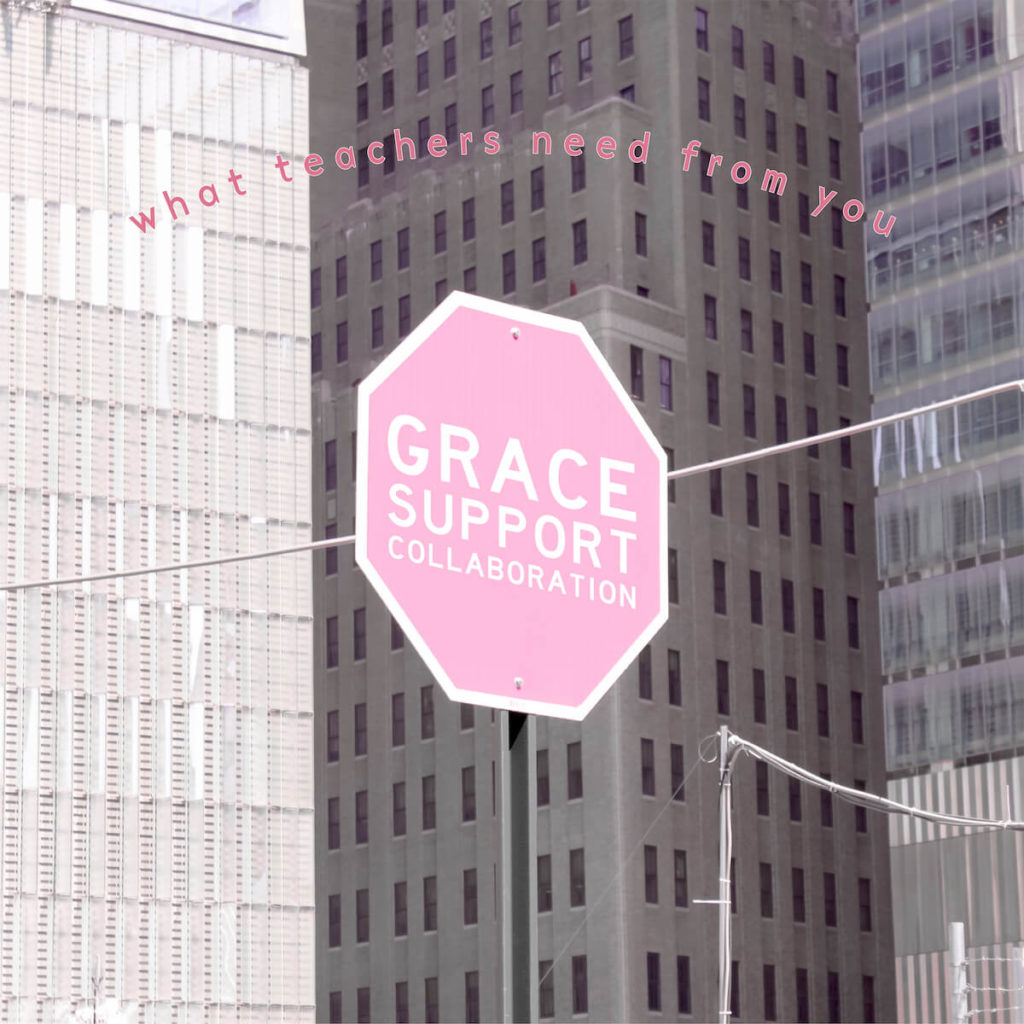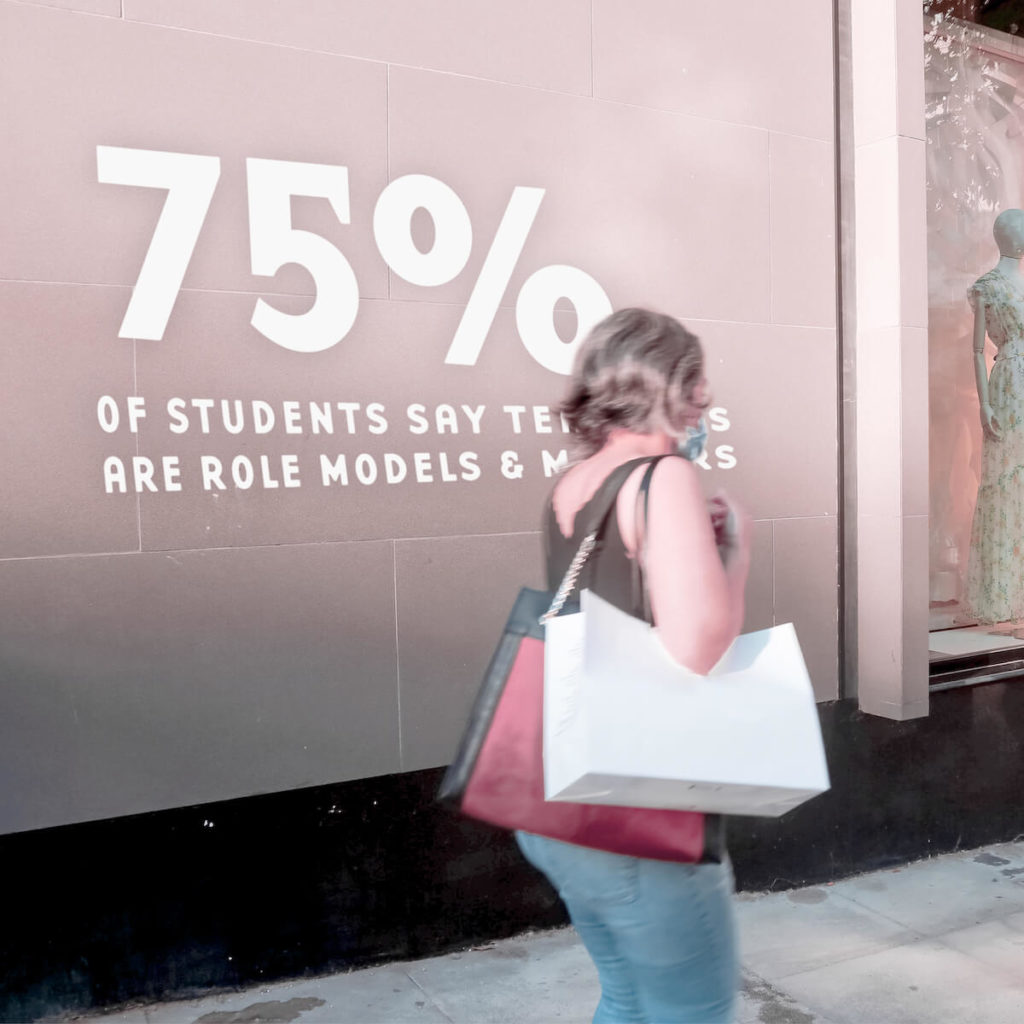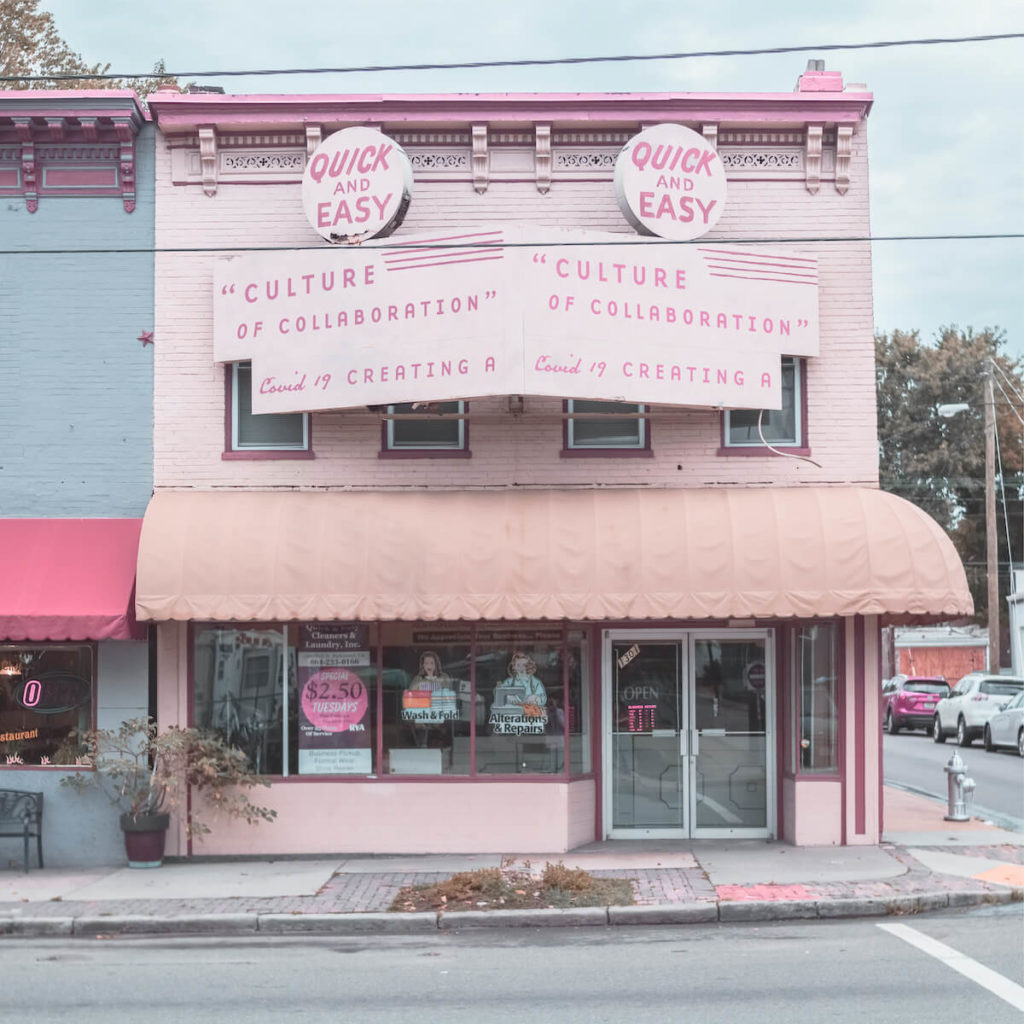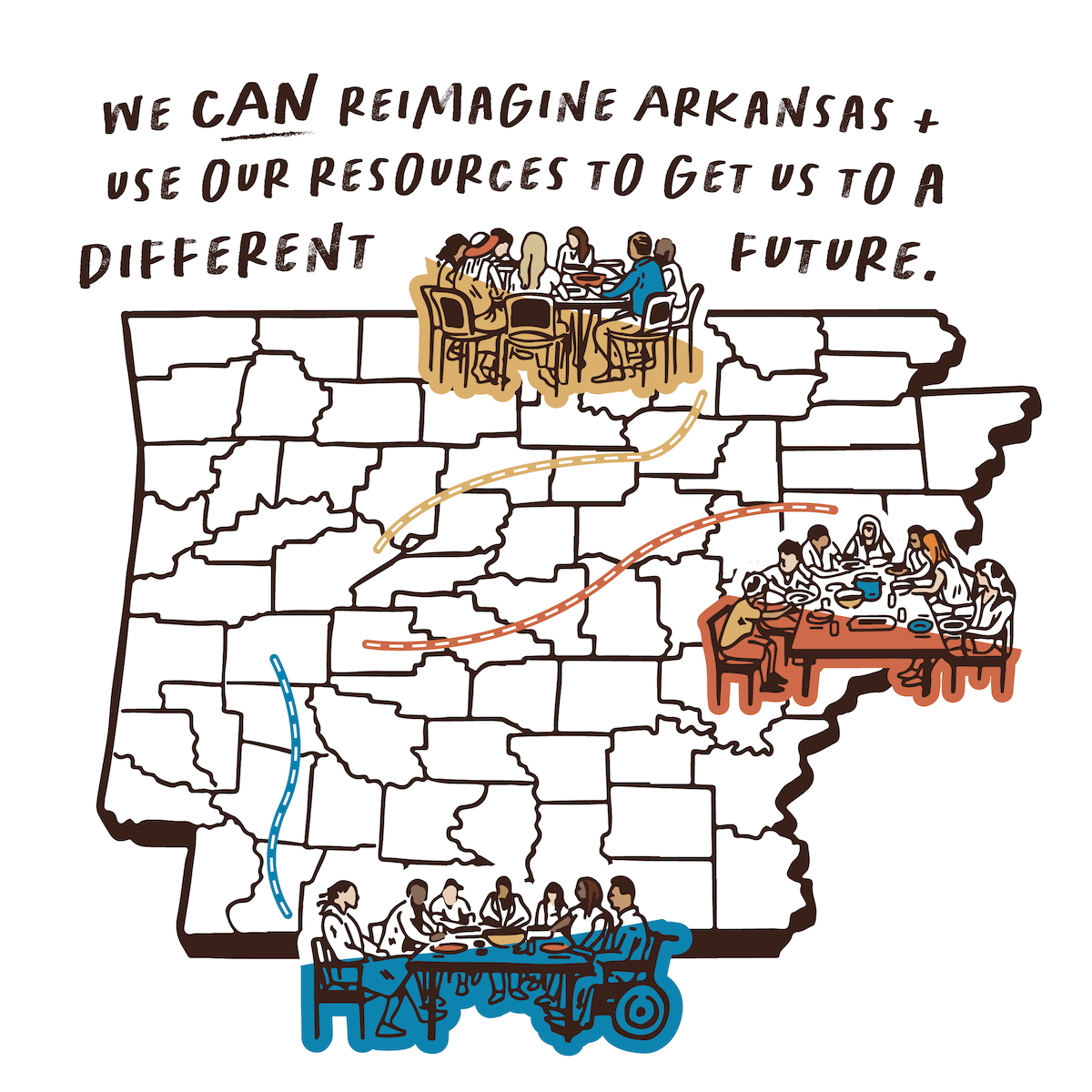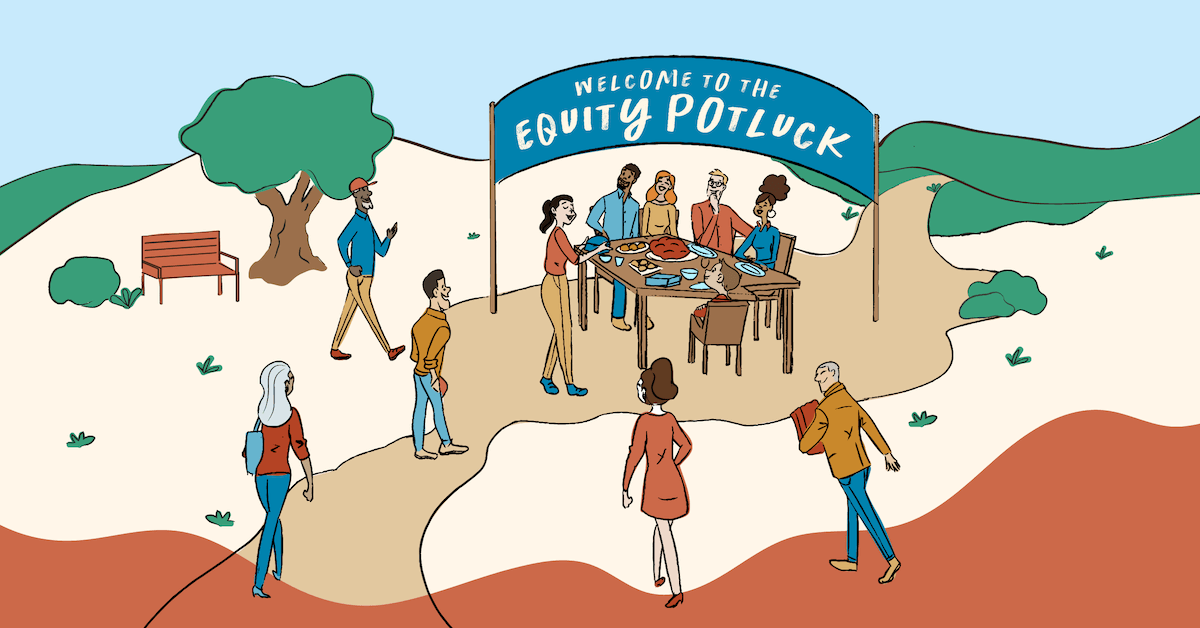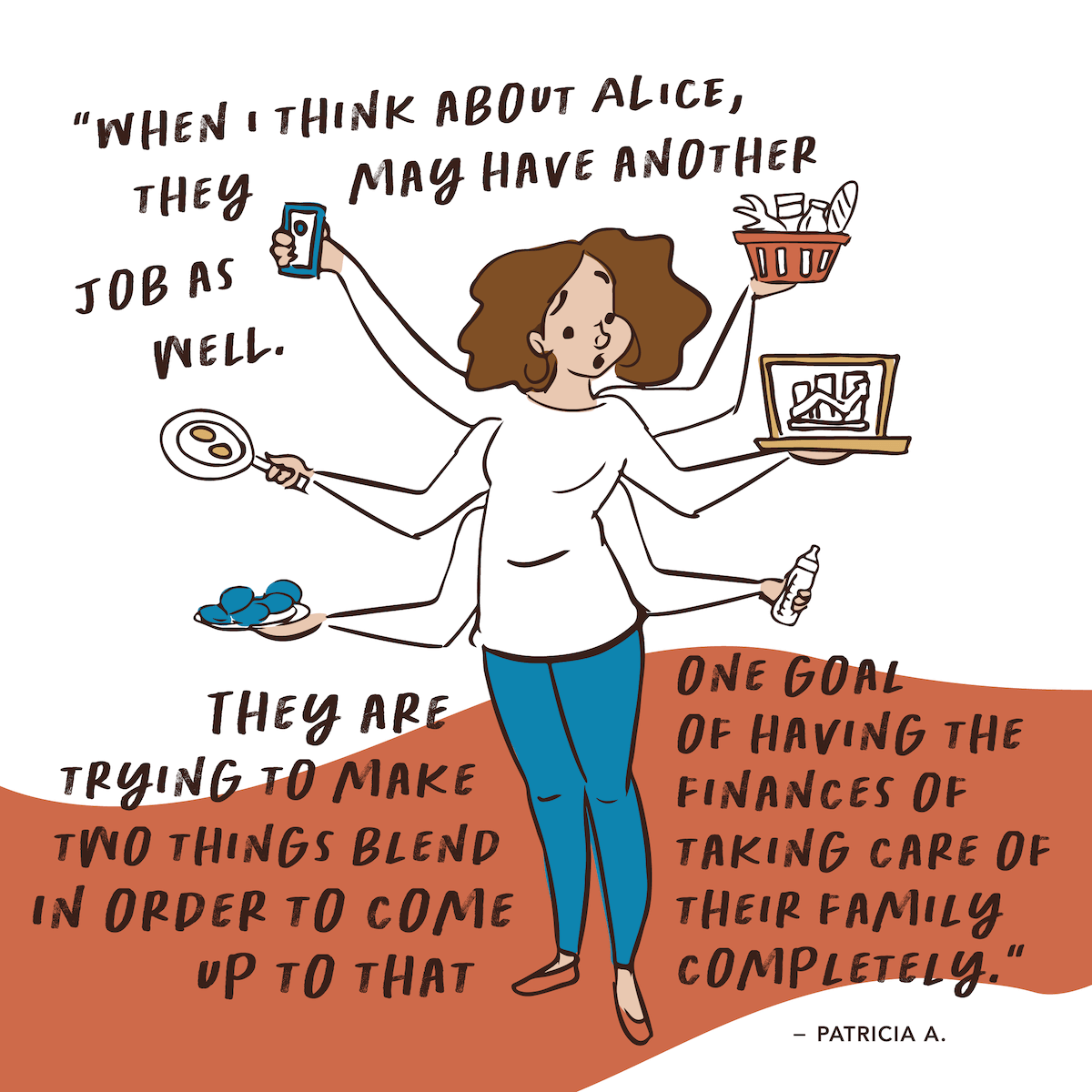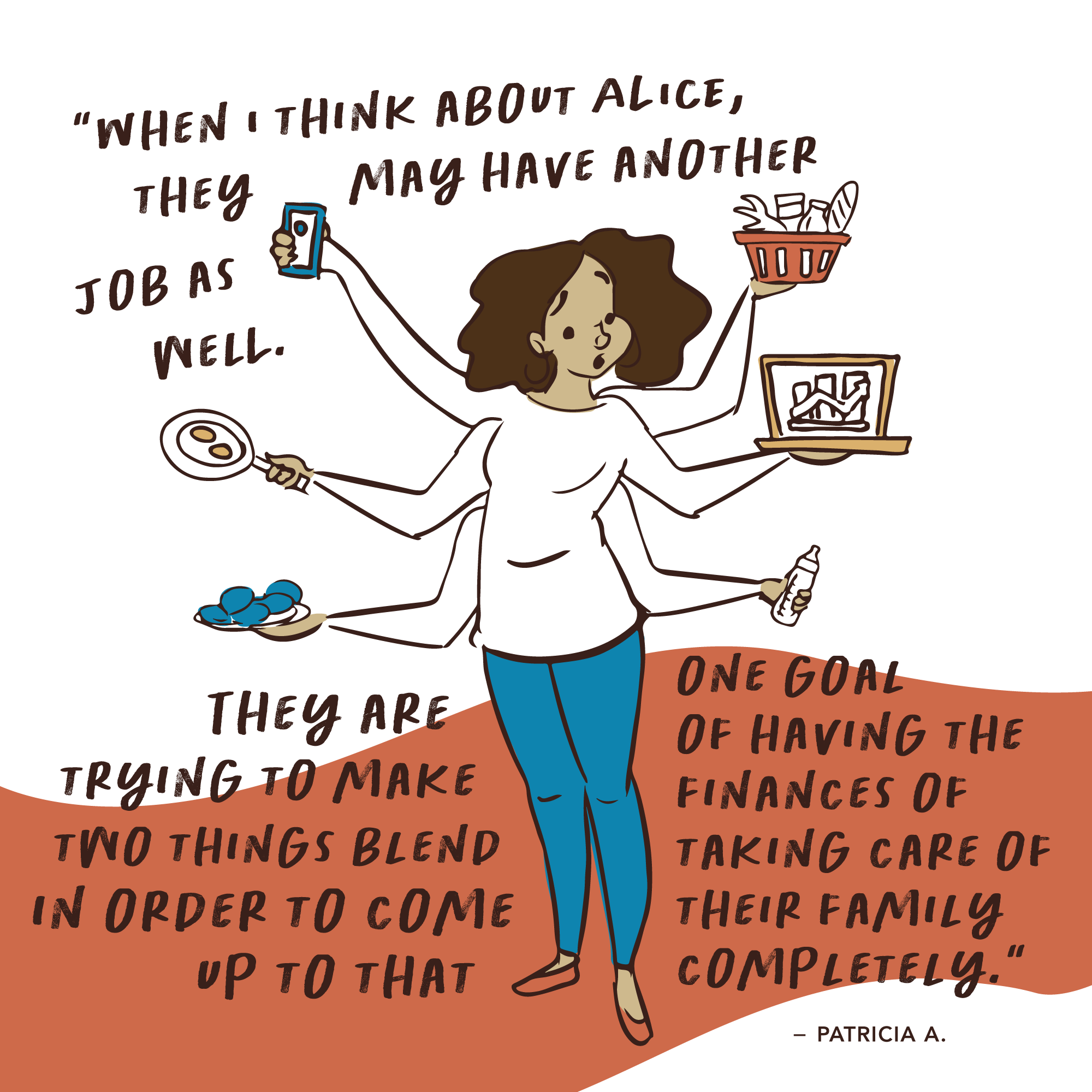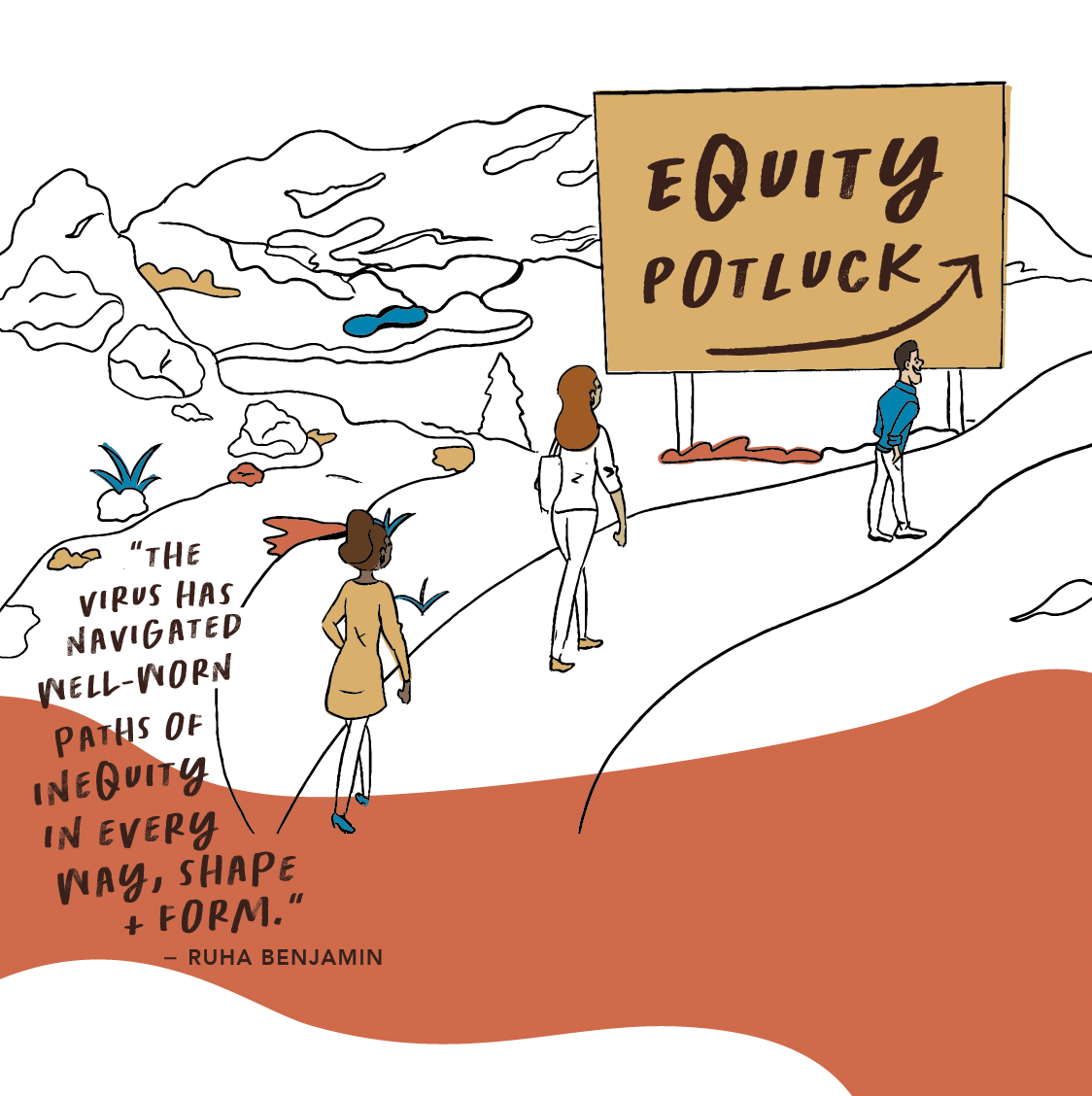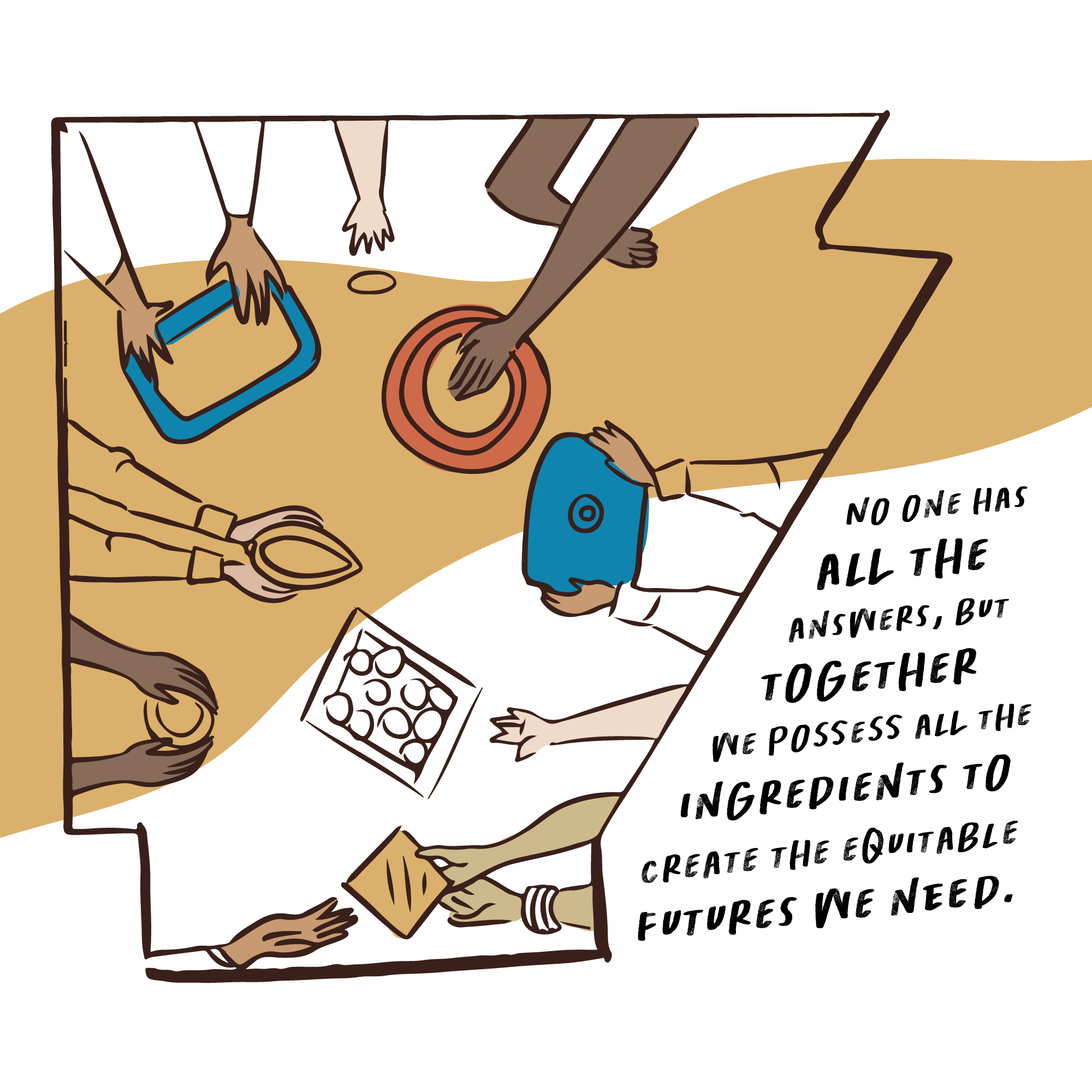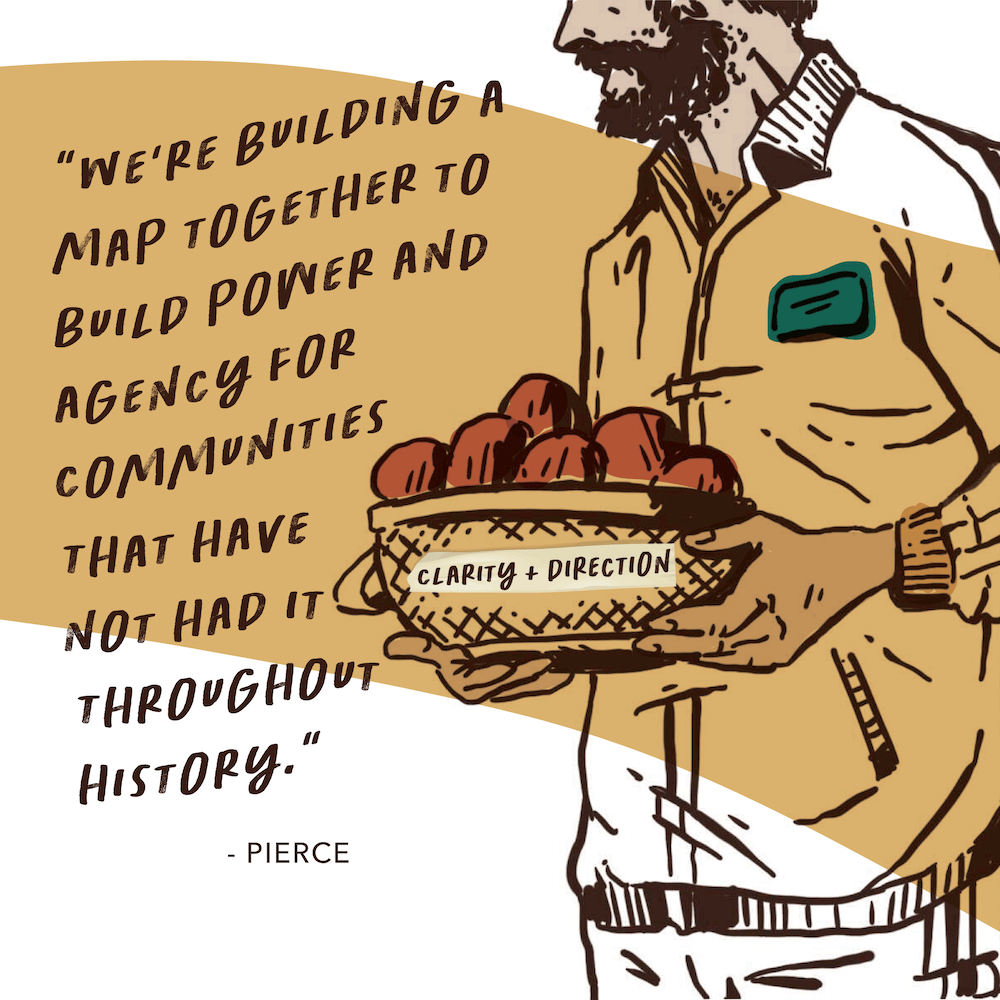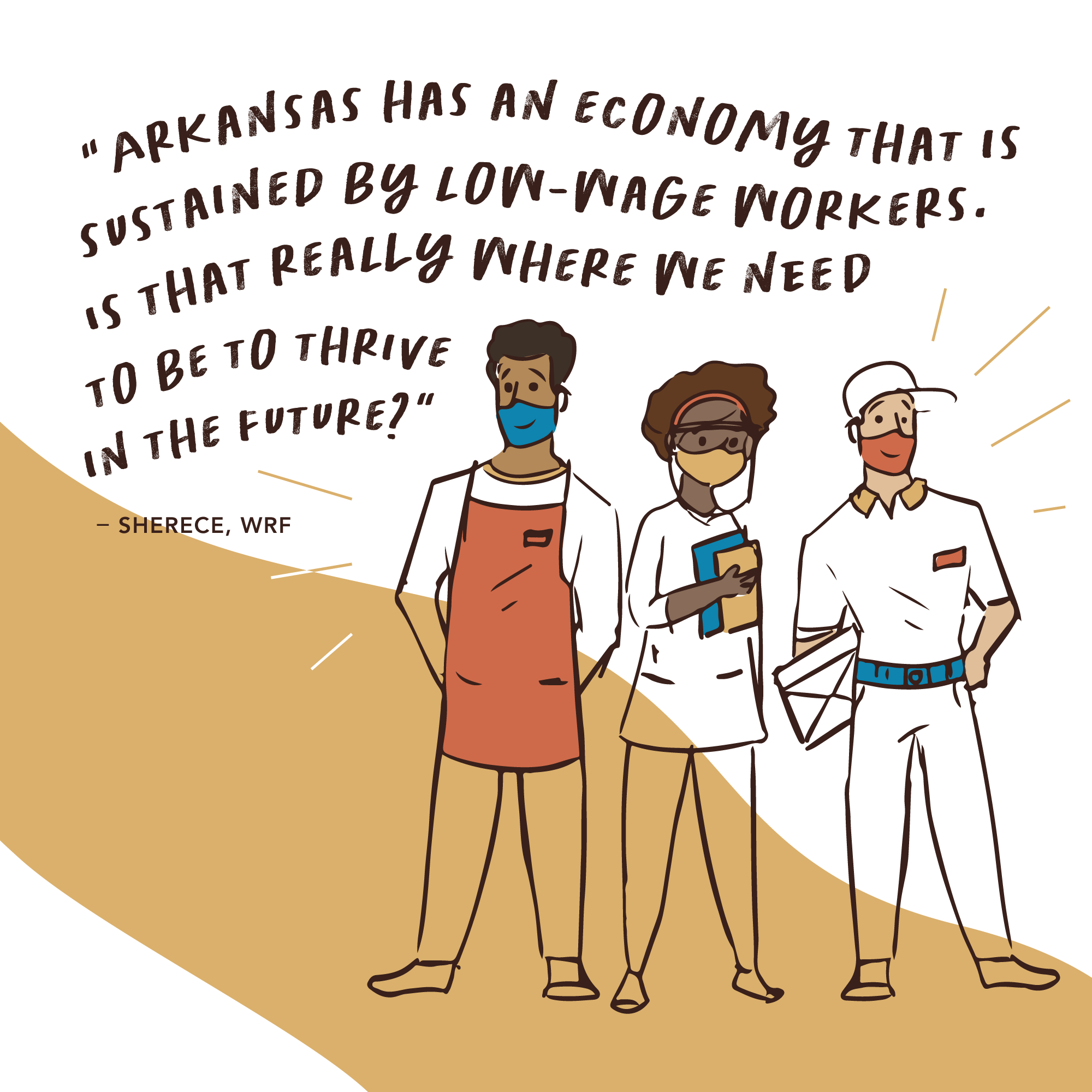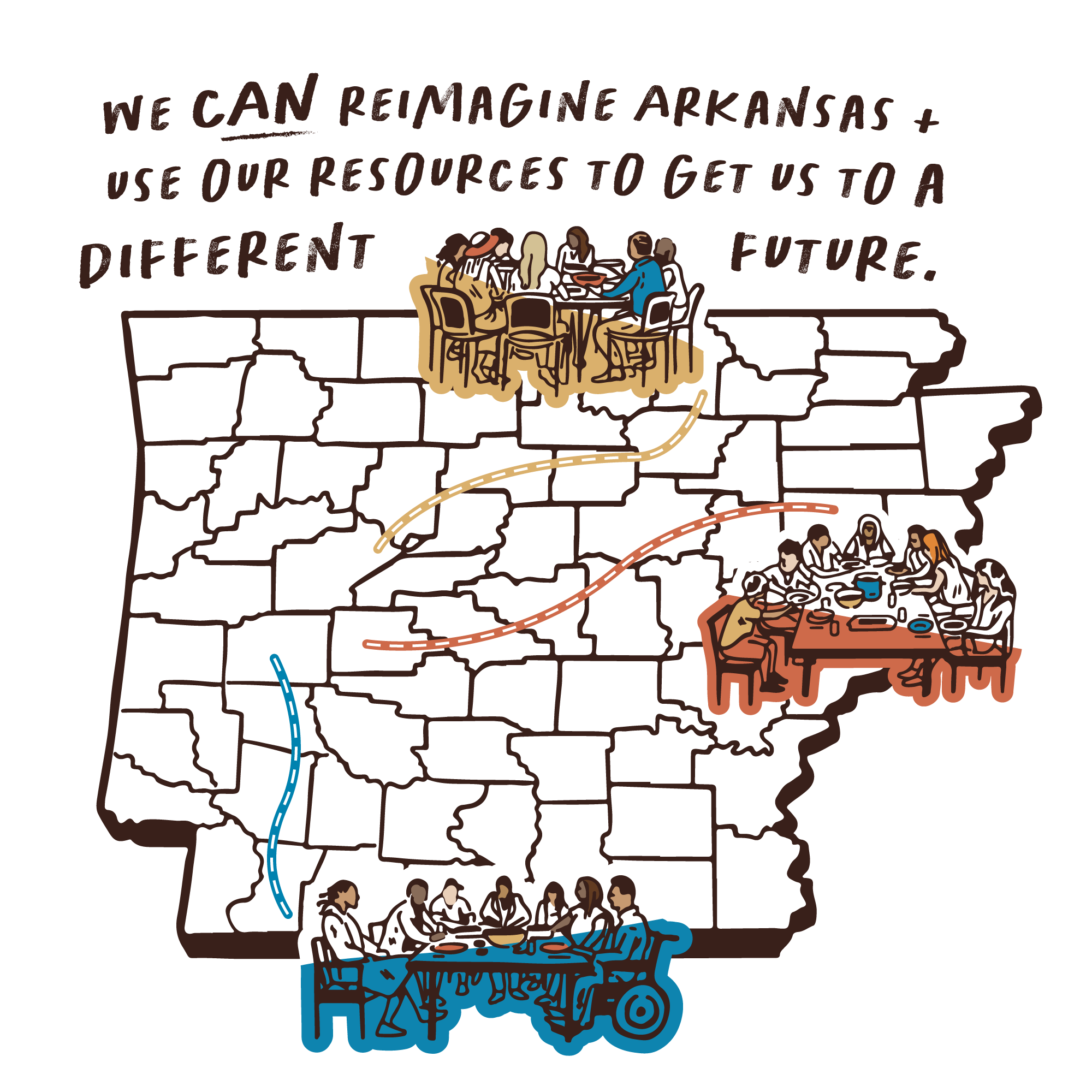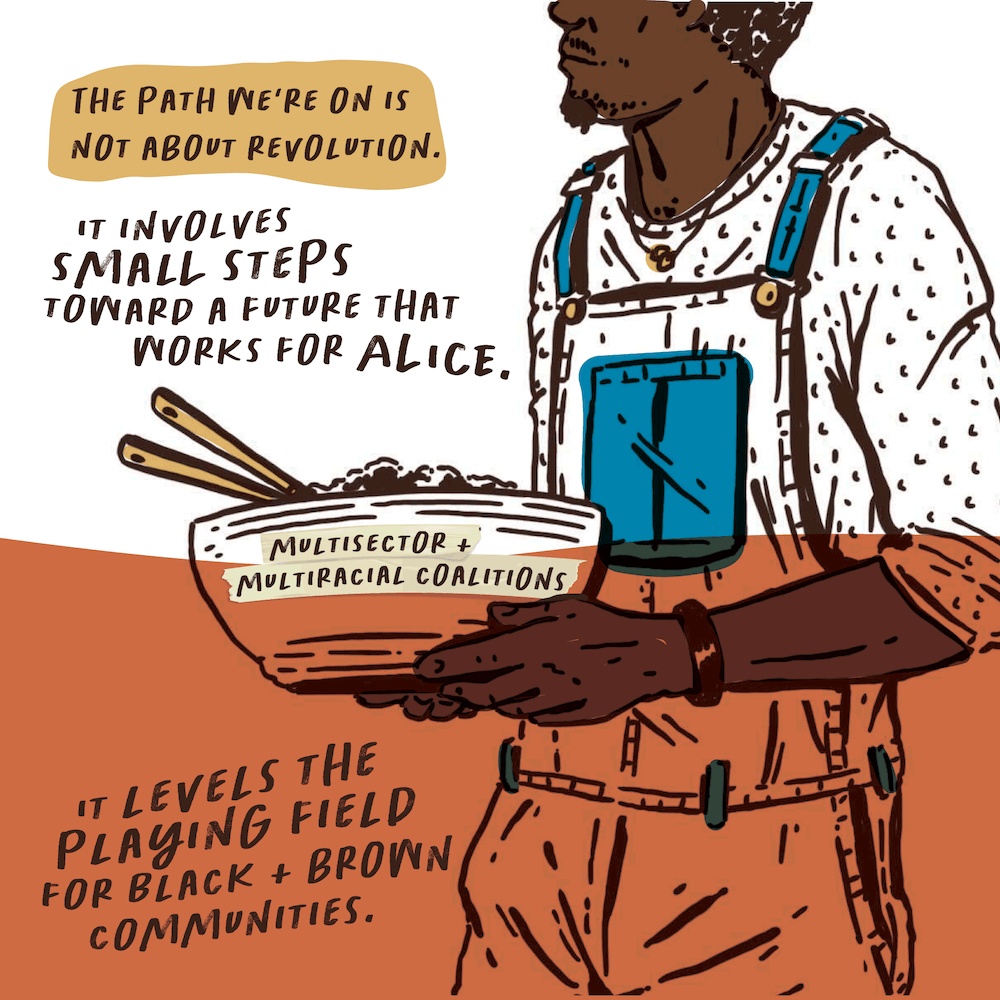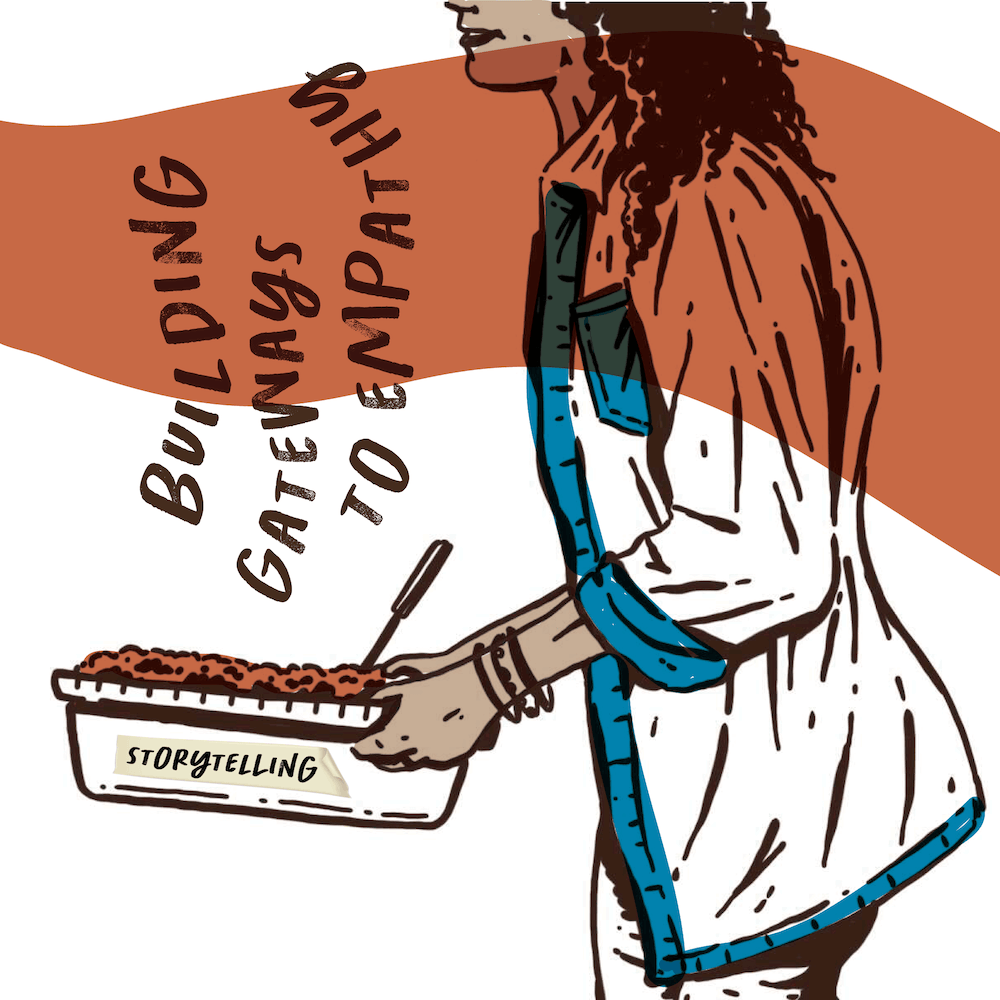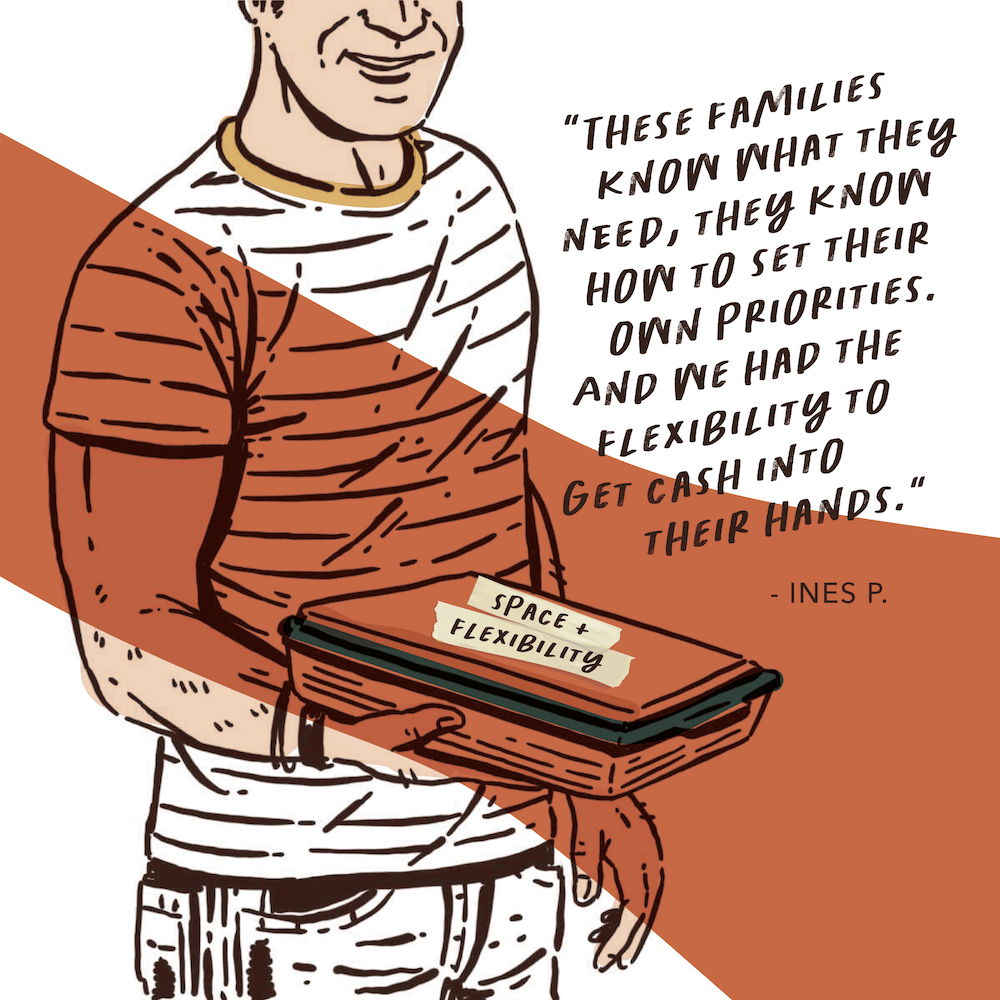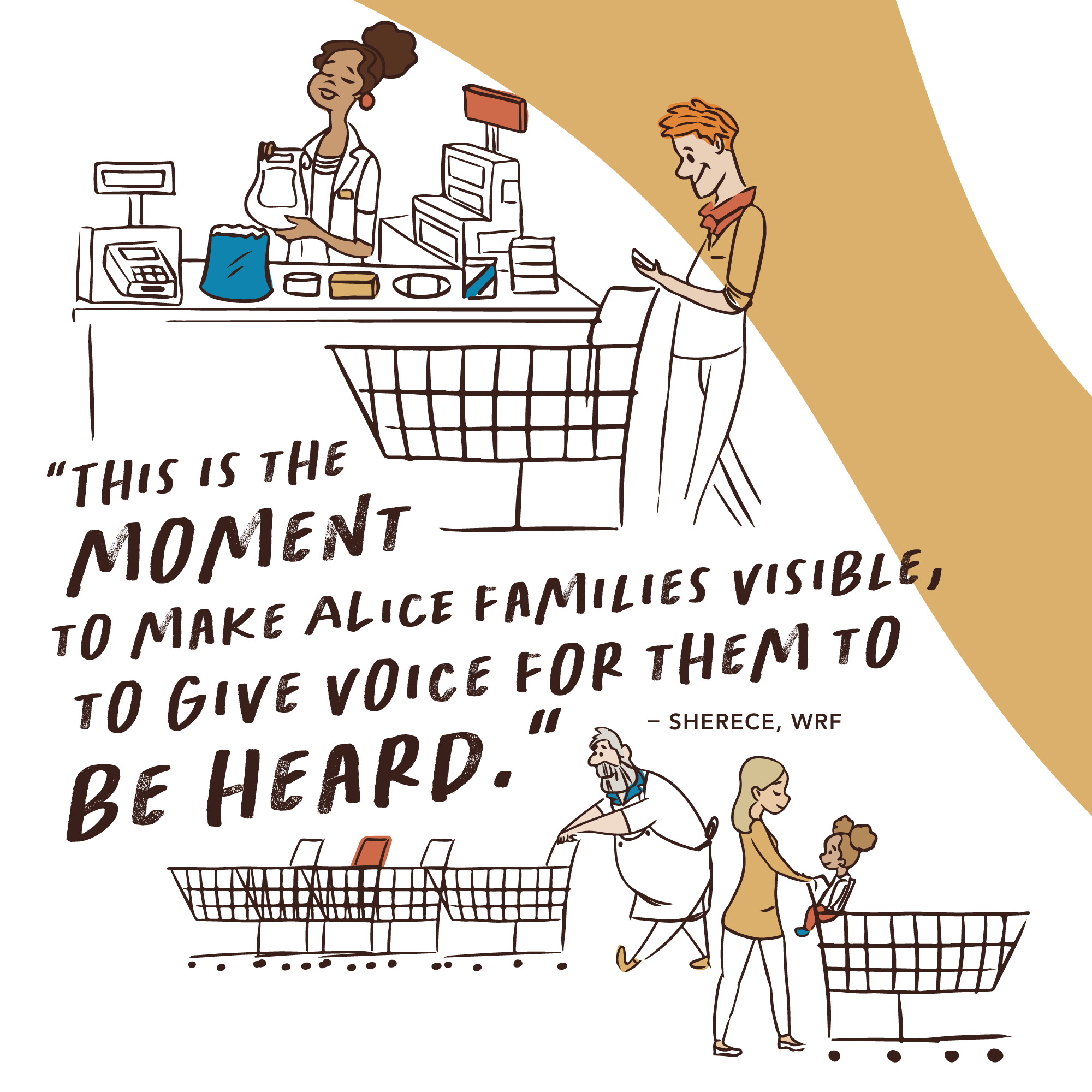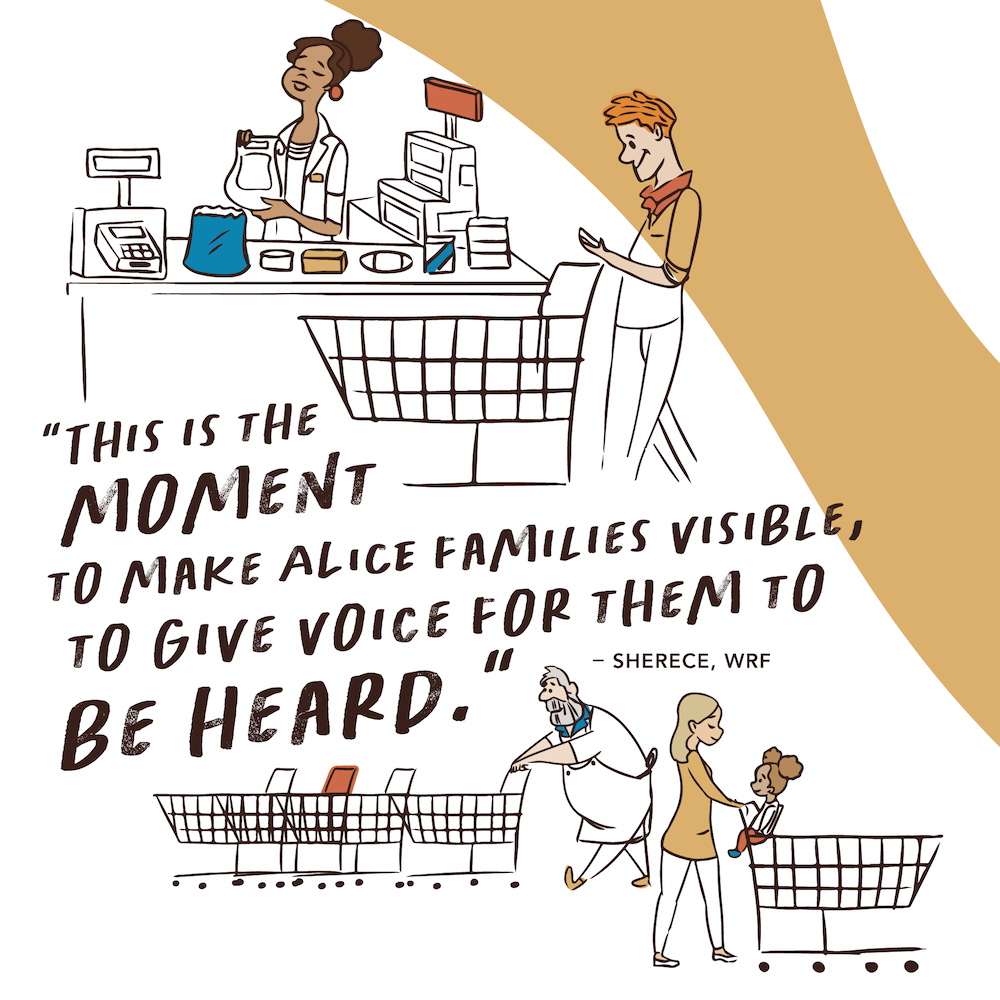This post is comprised of a constellation of teachers and educators across the state.
We invite you to spend time listening to their voices and consider that the values they brought to our conversations may be similar or complementary to your own – access, advocacy, equity, fairness, grace, kindness, opportunity, participation, understanding.
Reimagine Arkansas w/ Educators
4
9
3
The following contains interactive audio elements.
How to Listen:
Move your cursor or finger over the underlined, highlighted words and click to hear that particular piece of audio and to read the broader context of the speaker’s quote.
How to Listen:
Move your cursor or finger over the underlined, highlighted words and click to hear that particular piece of audio and to read the broader context of the speaker’s quote.
In this month’s kit, we bring you conversations with educators across the state, asking them to share their motivations for teaching and to describe their experiences with “the beast” ☊ of Covid-19. The fear that “plagues minds” ☊ has been the greatest challenge as participants offered similar middle-of-the-night concerns ☊ about health risks, cleaning protocols, substitute teacher shortages ☊, new technologies ☊, and combined learning platforms.
Constellation Kit
Explore this collection of artwork and artist statements inspired by our conversations with educators throughout the state. Download freely, amplify and share generously. Give back if you can.


